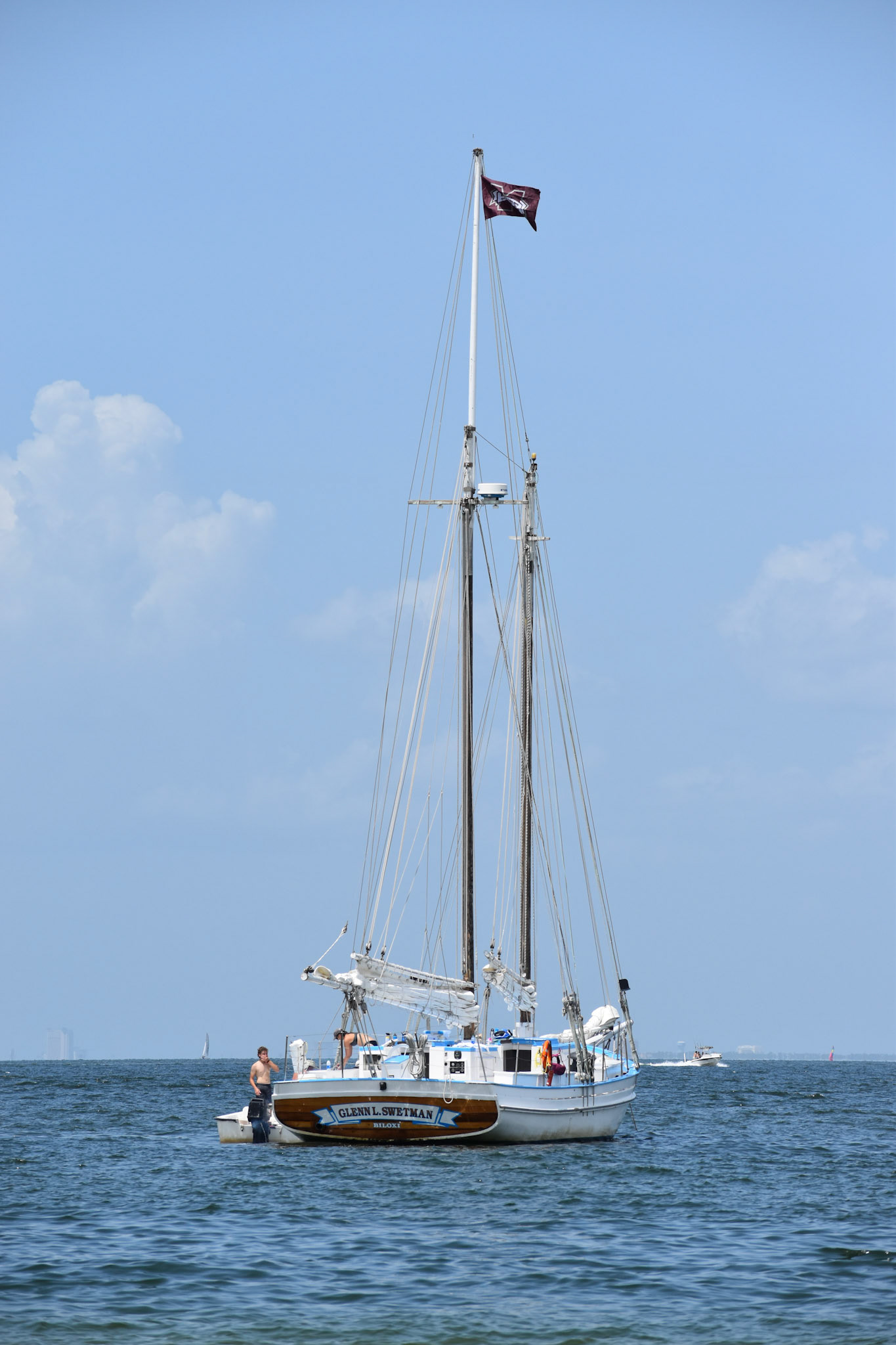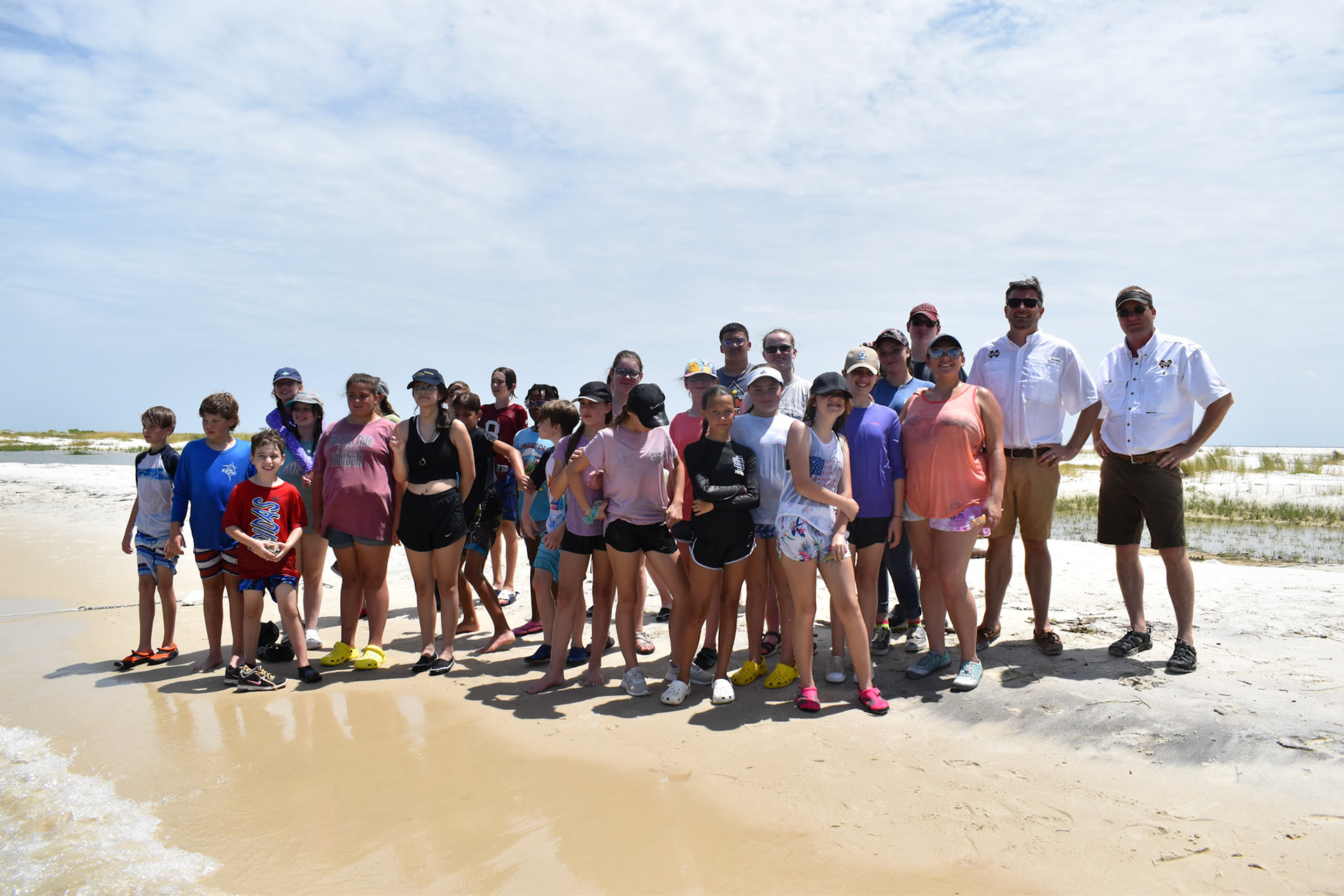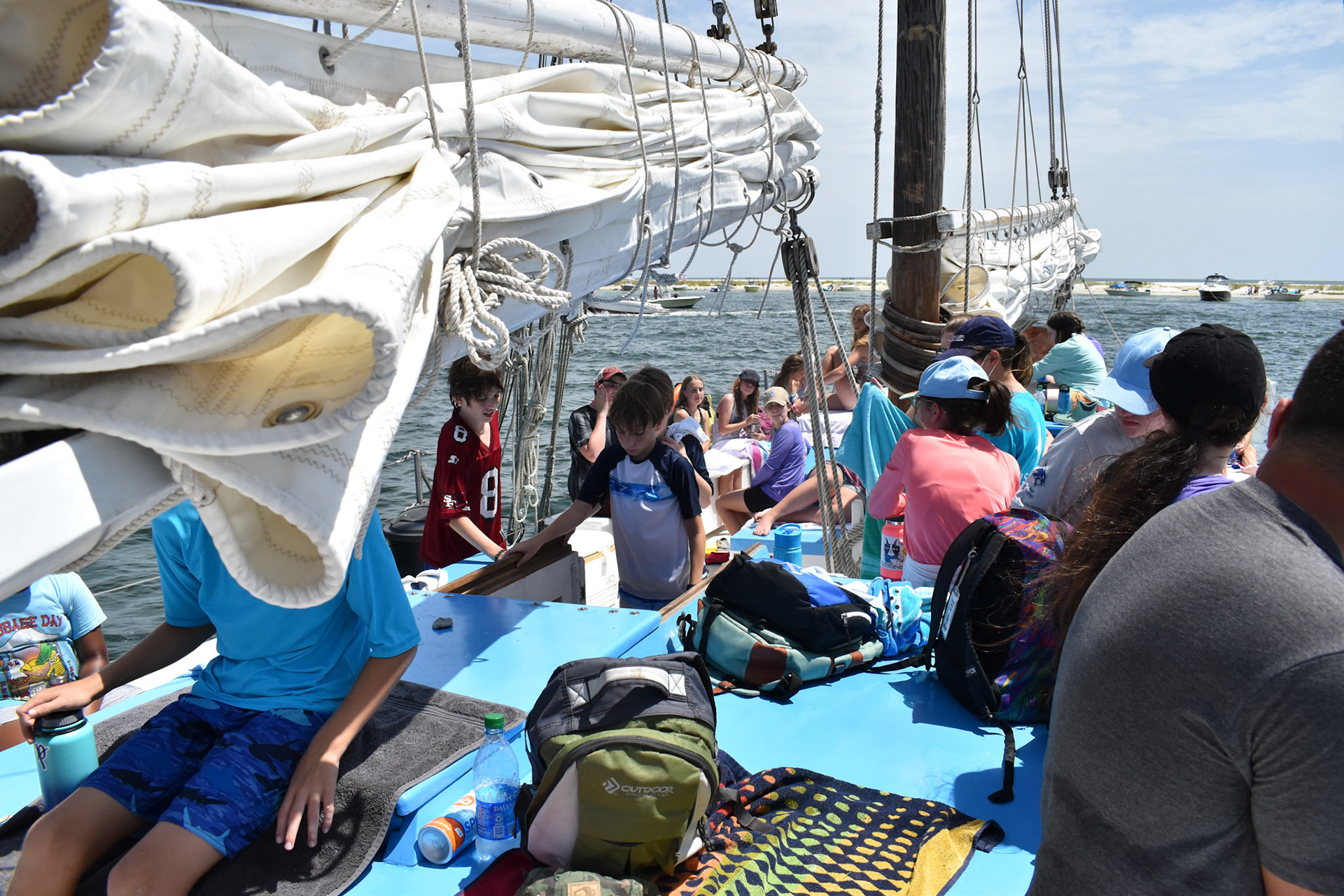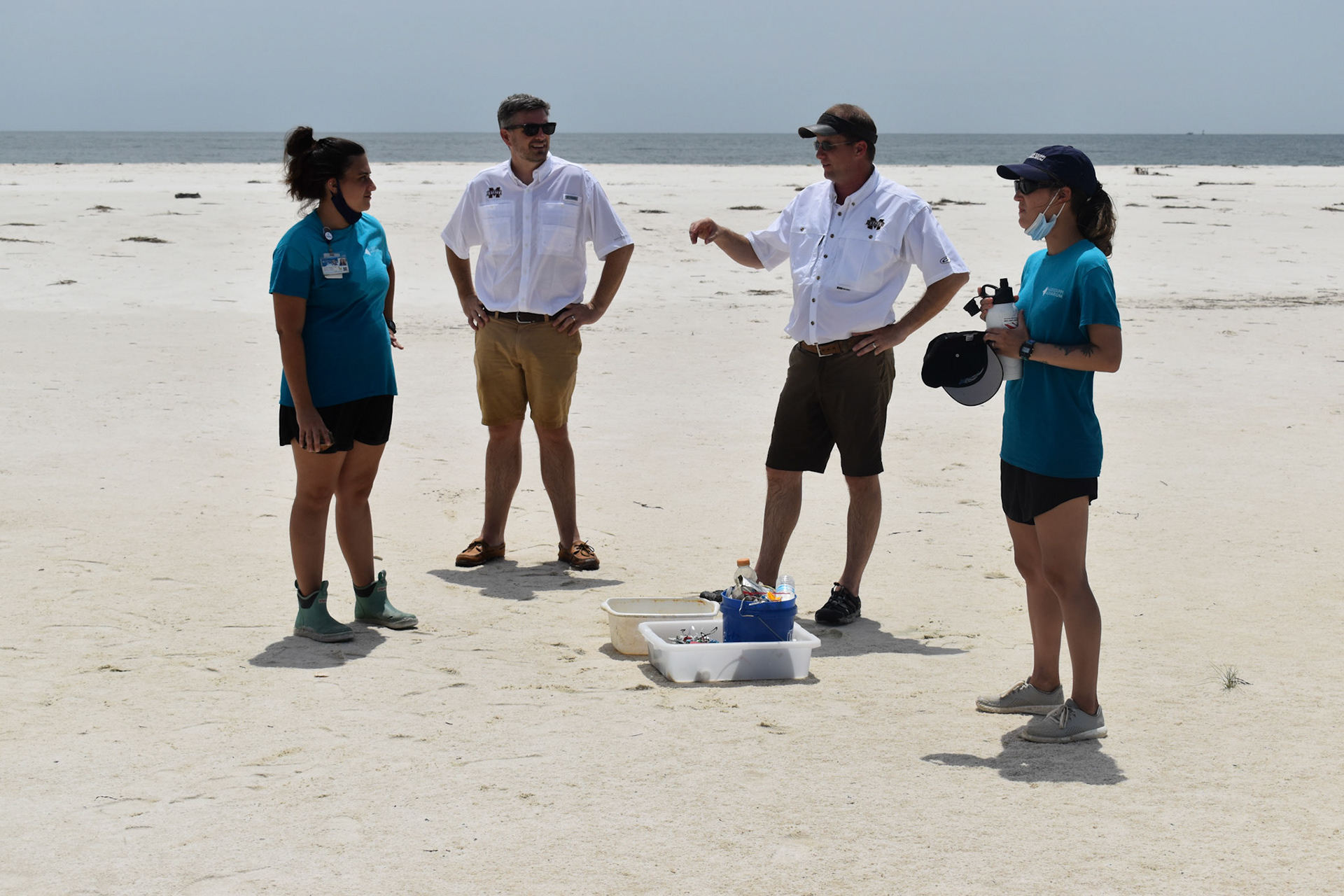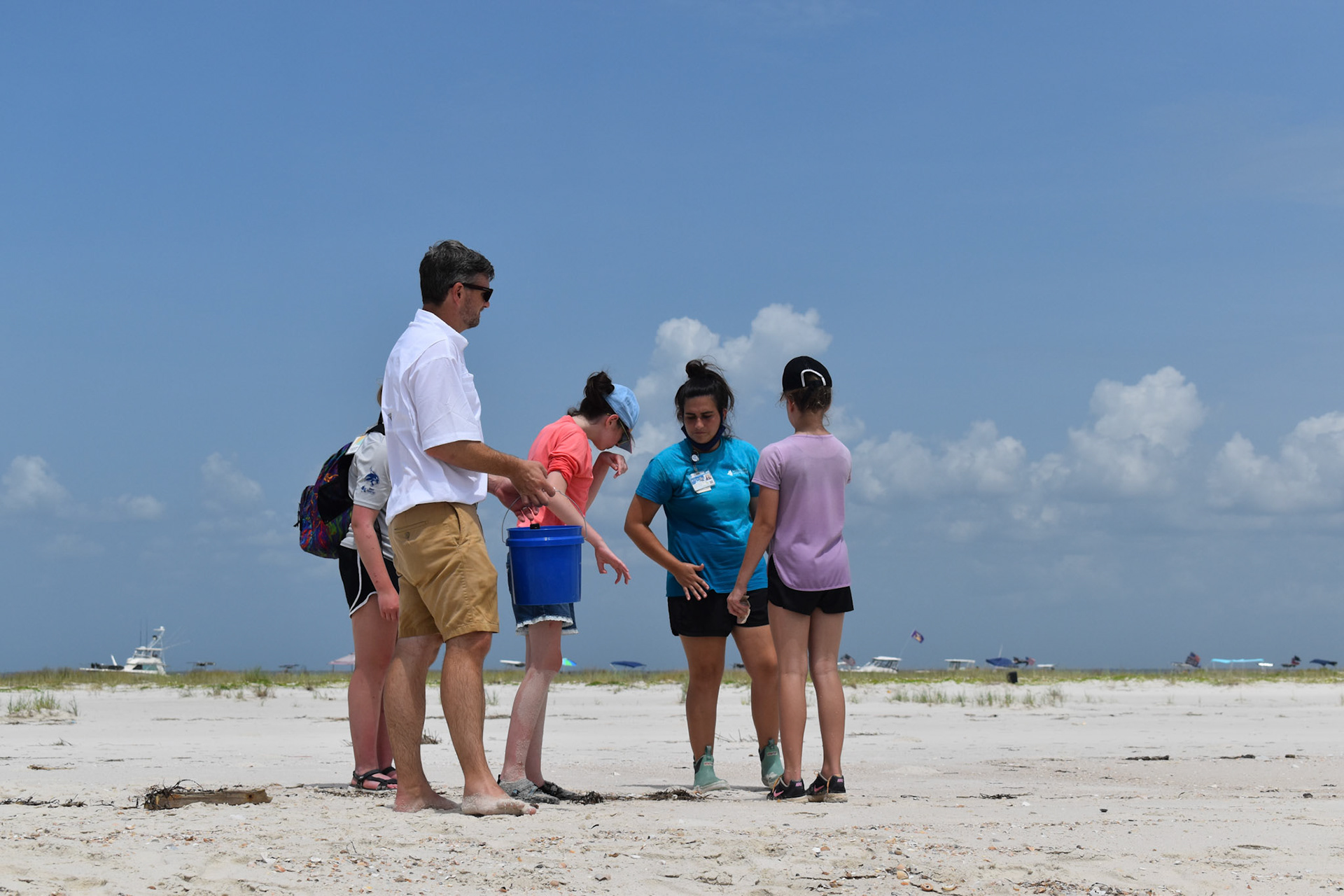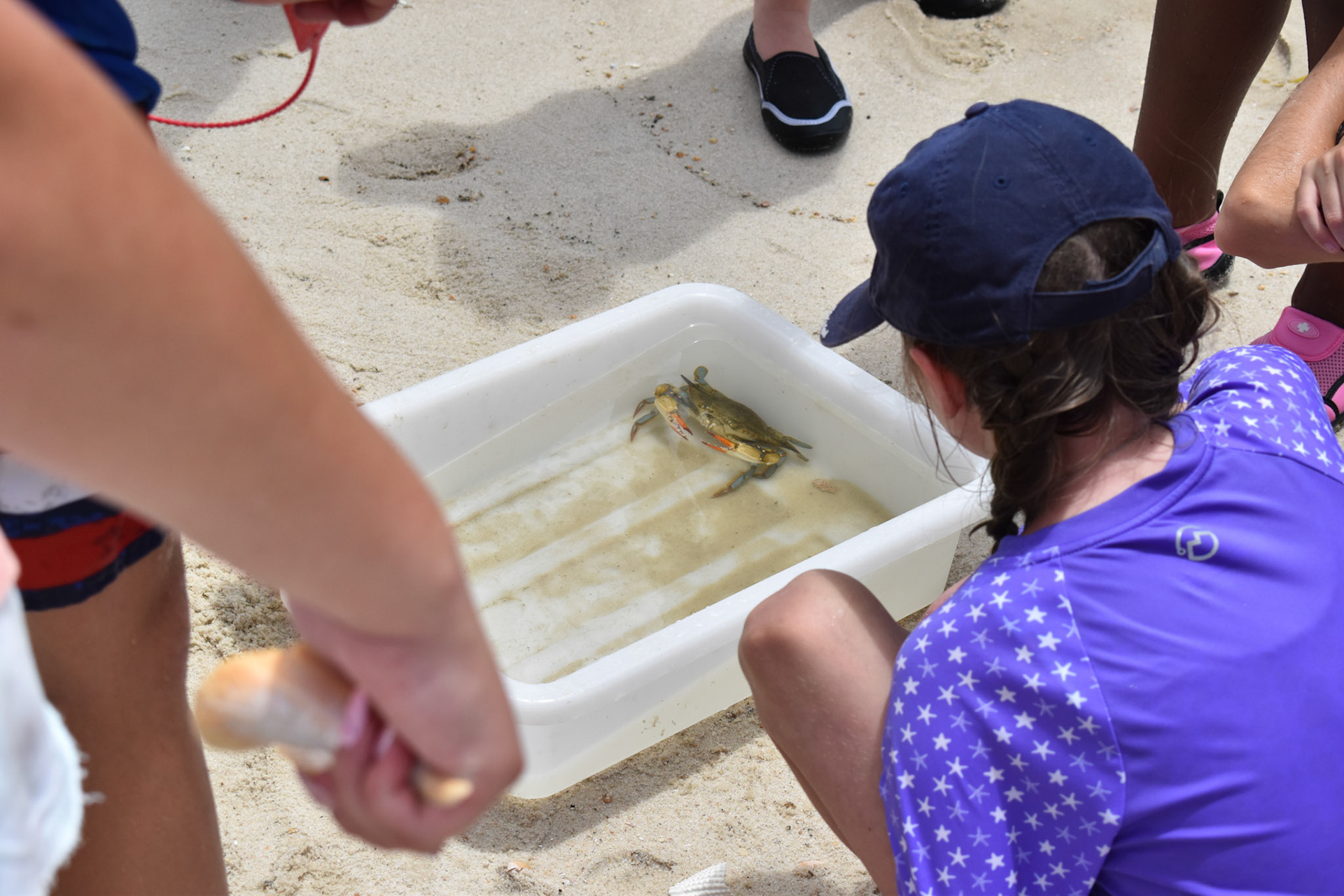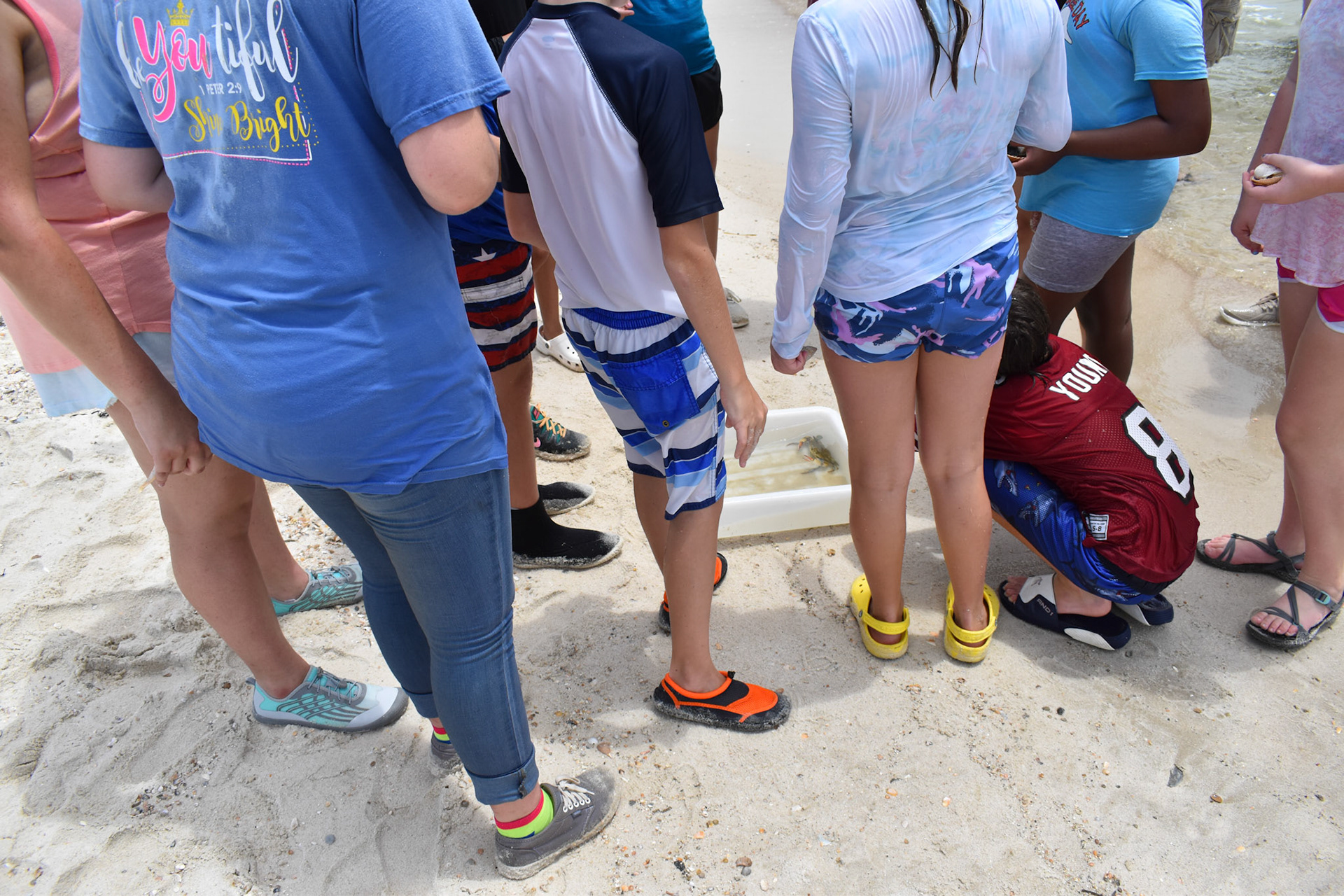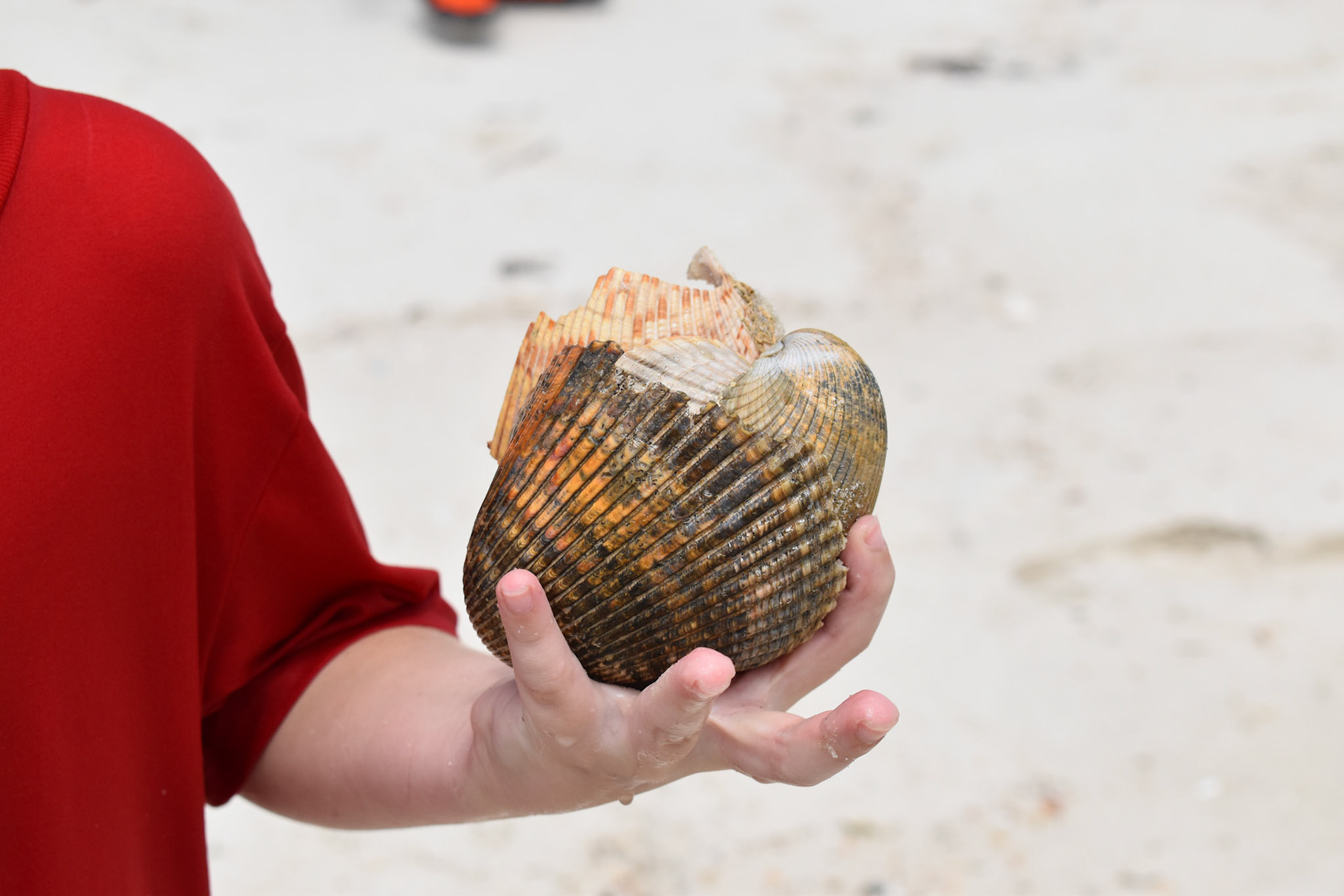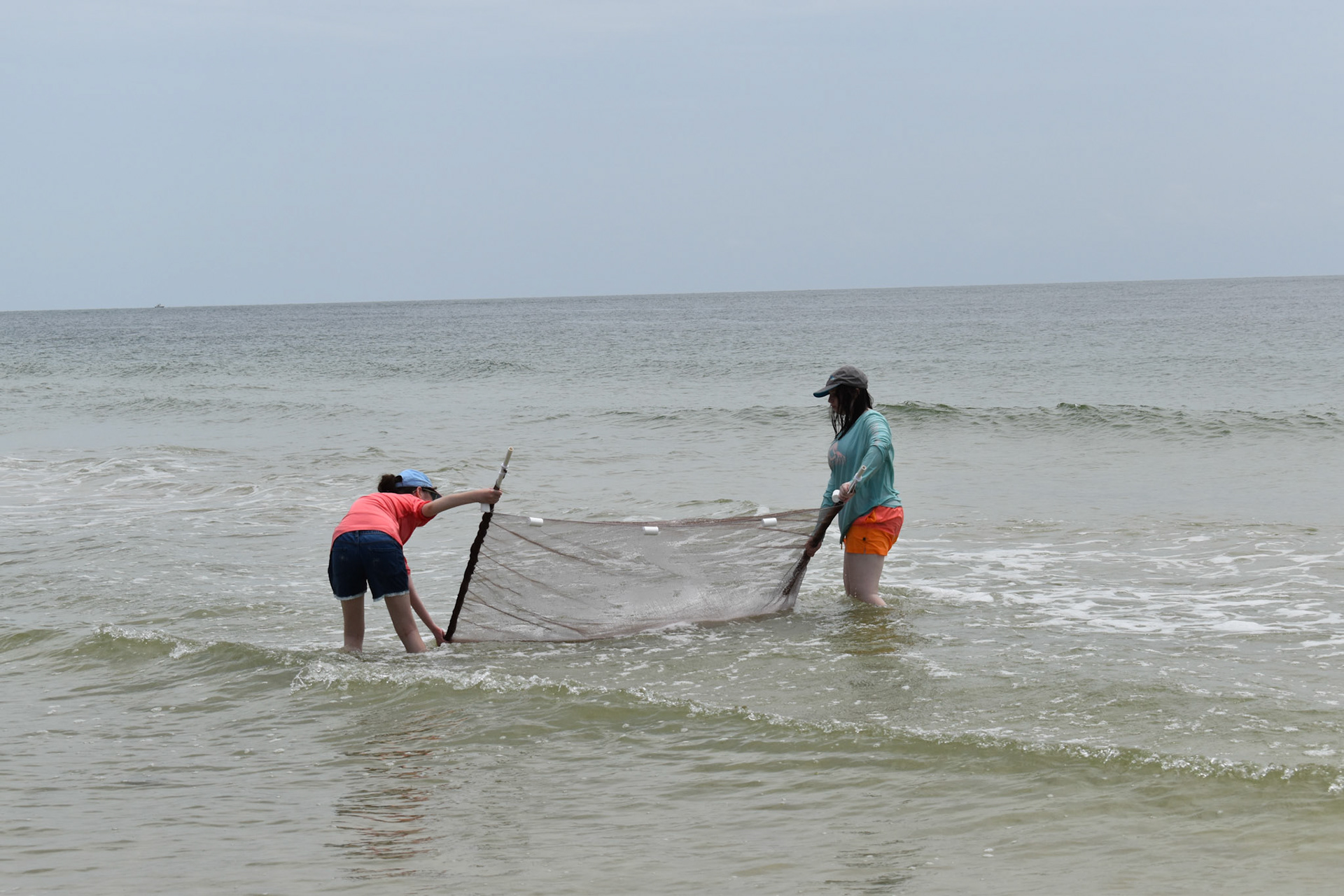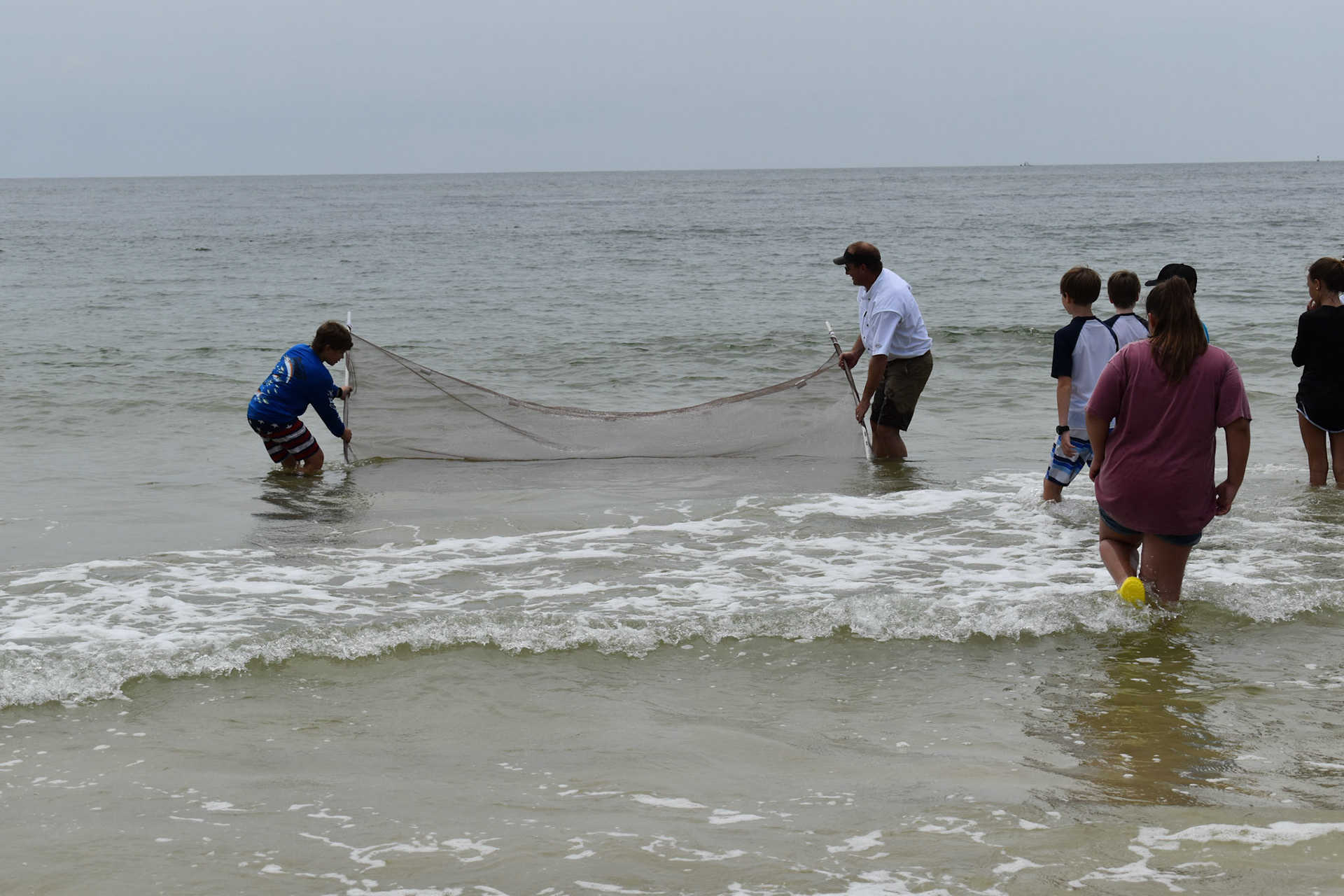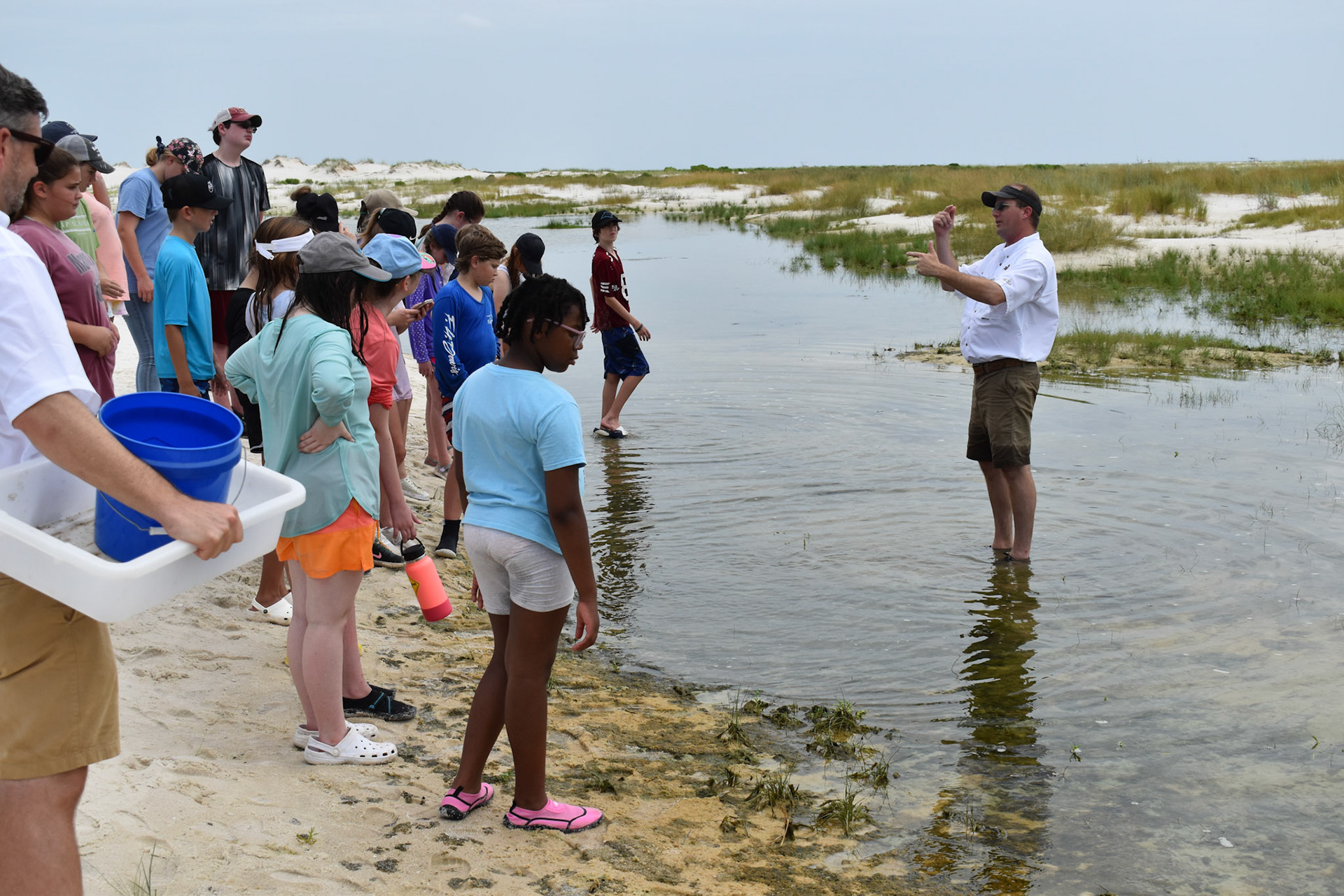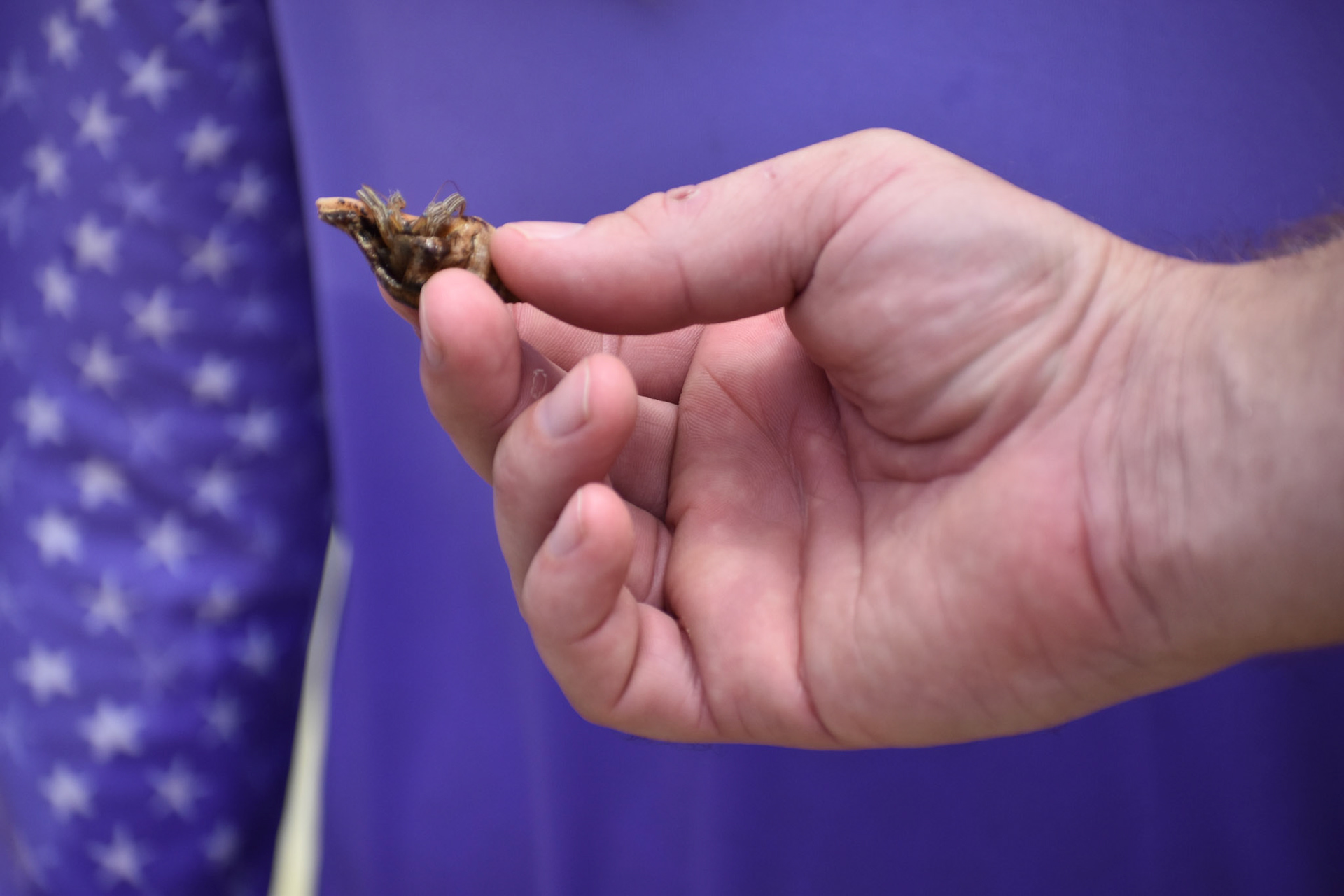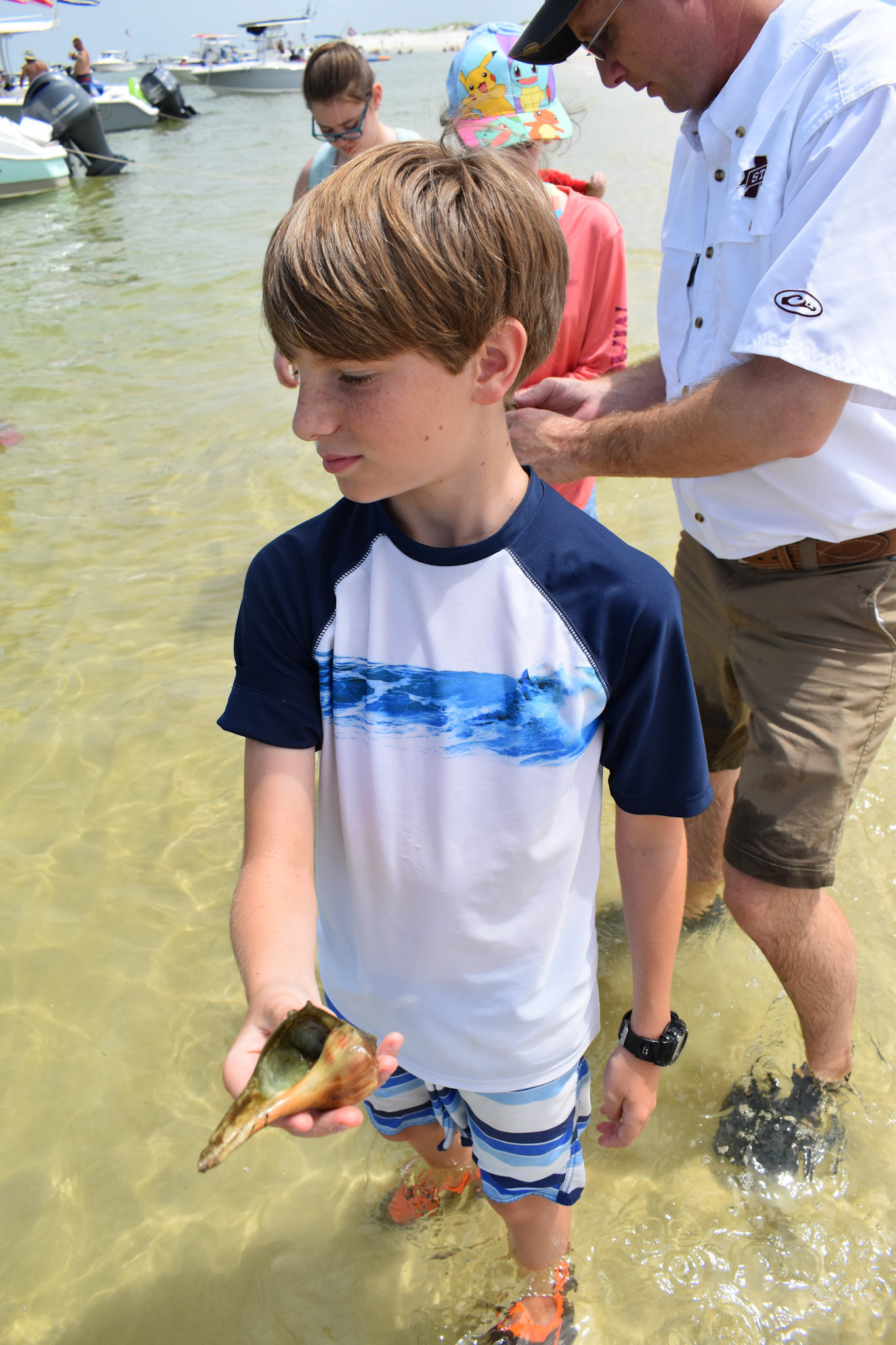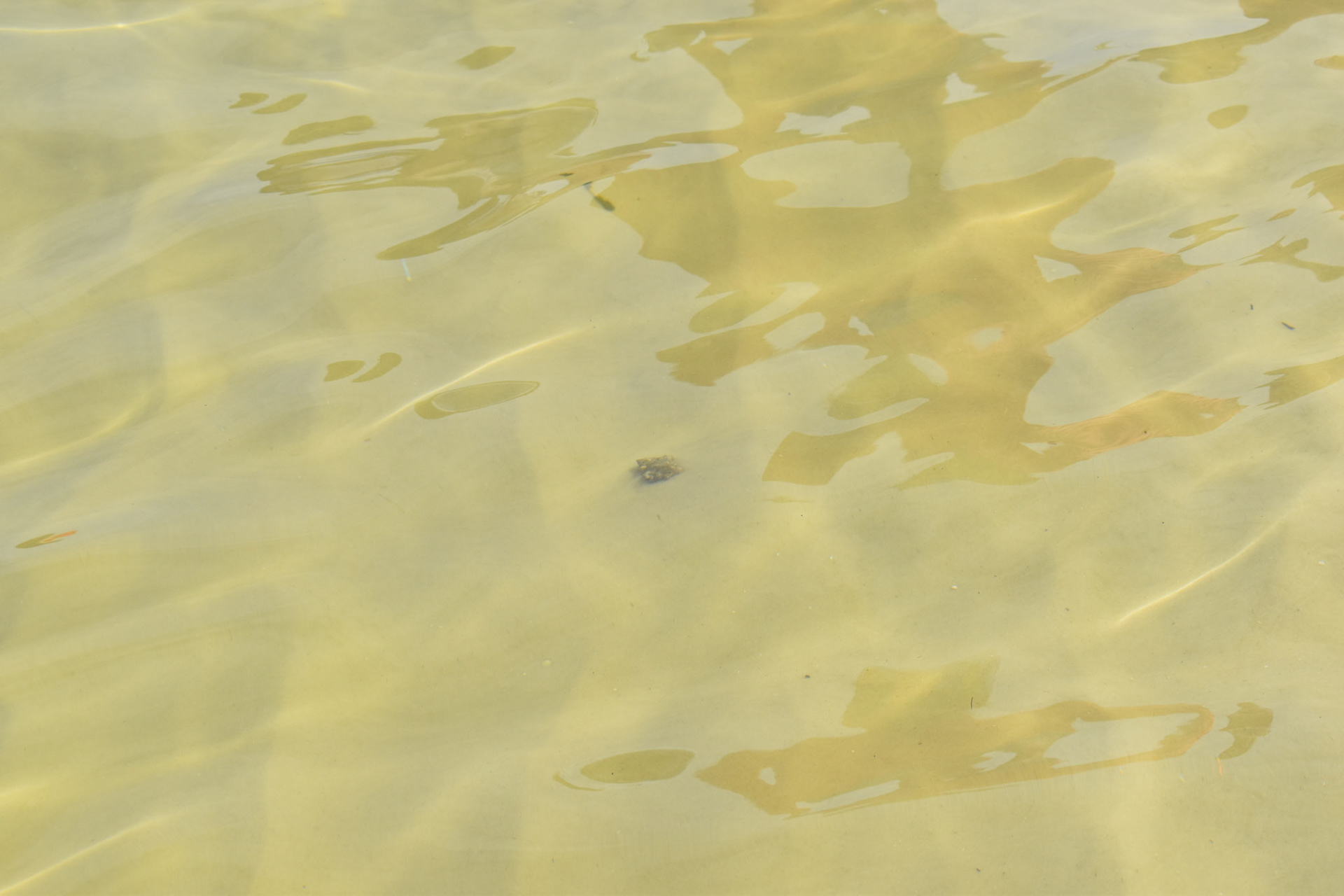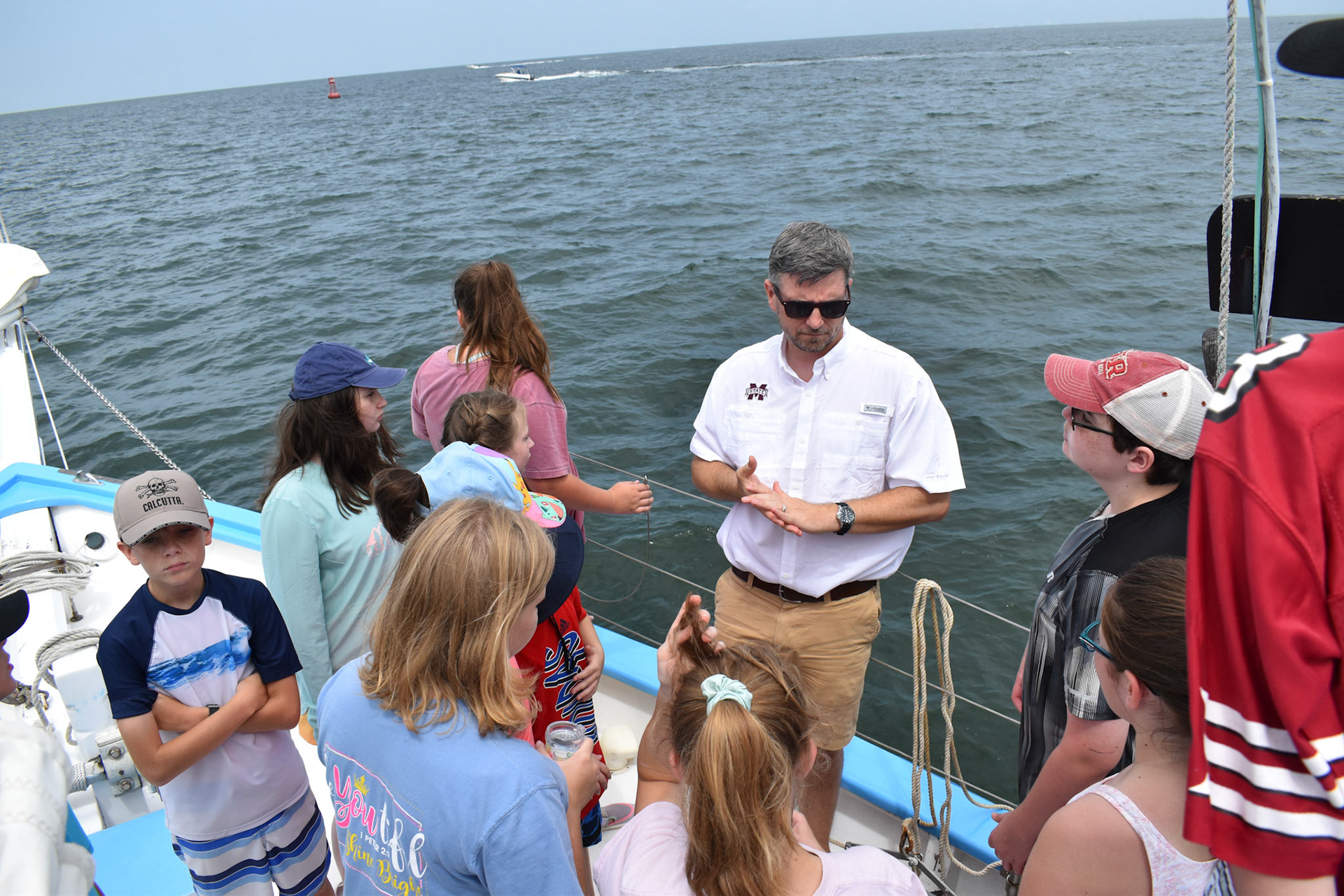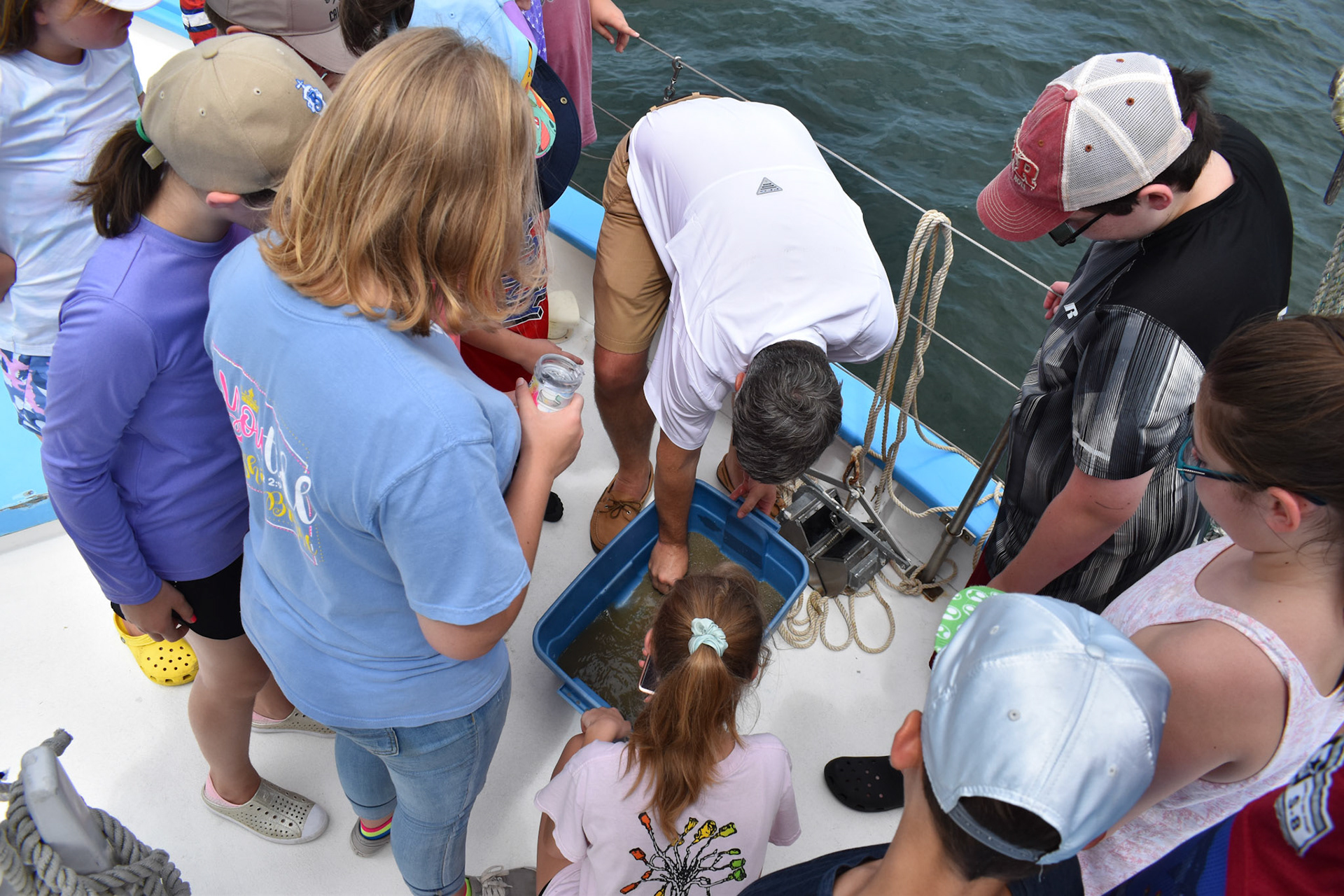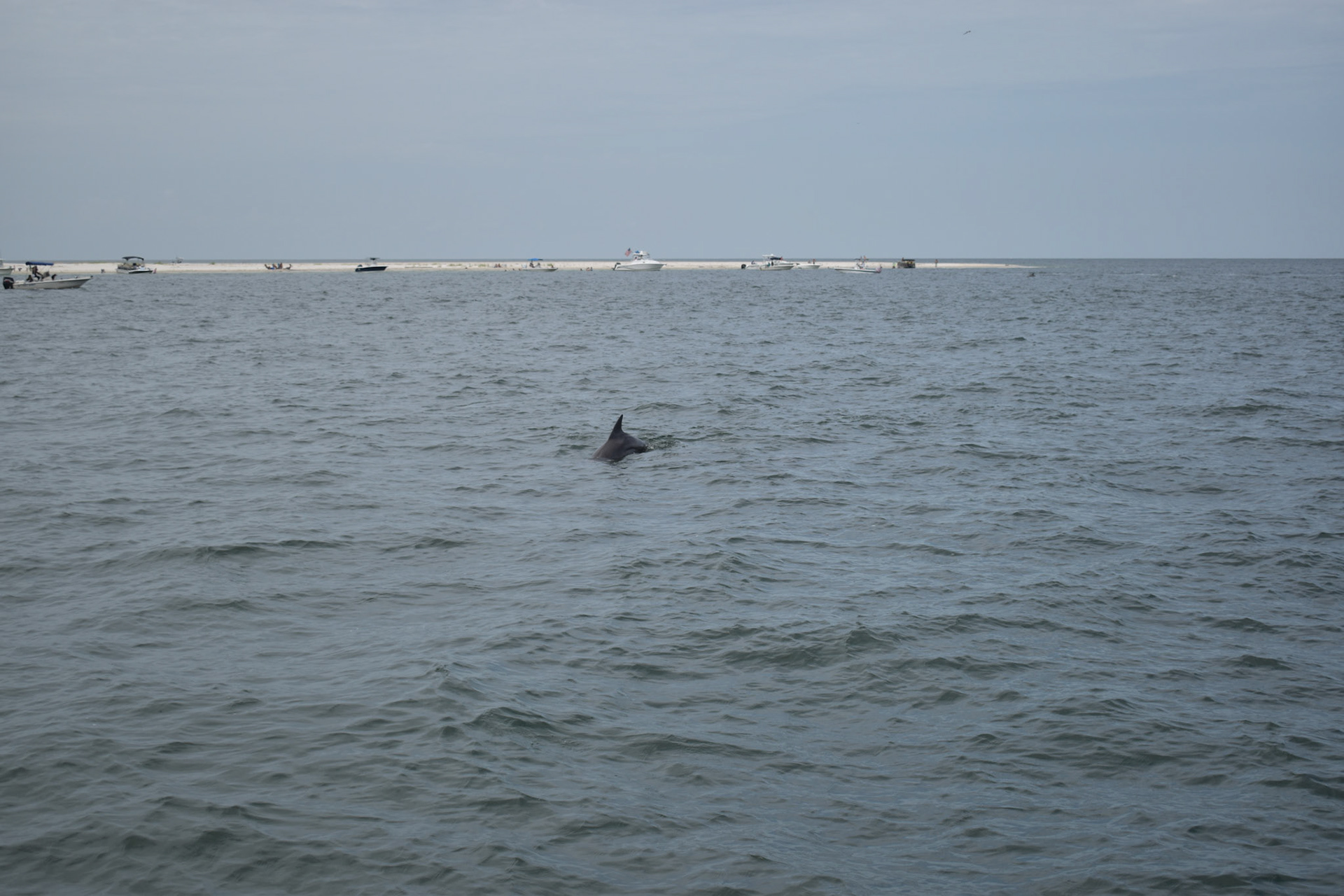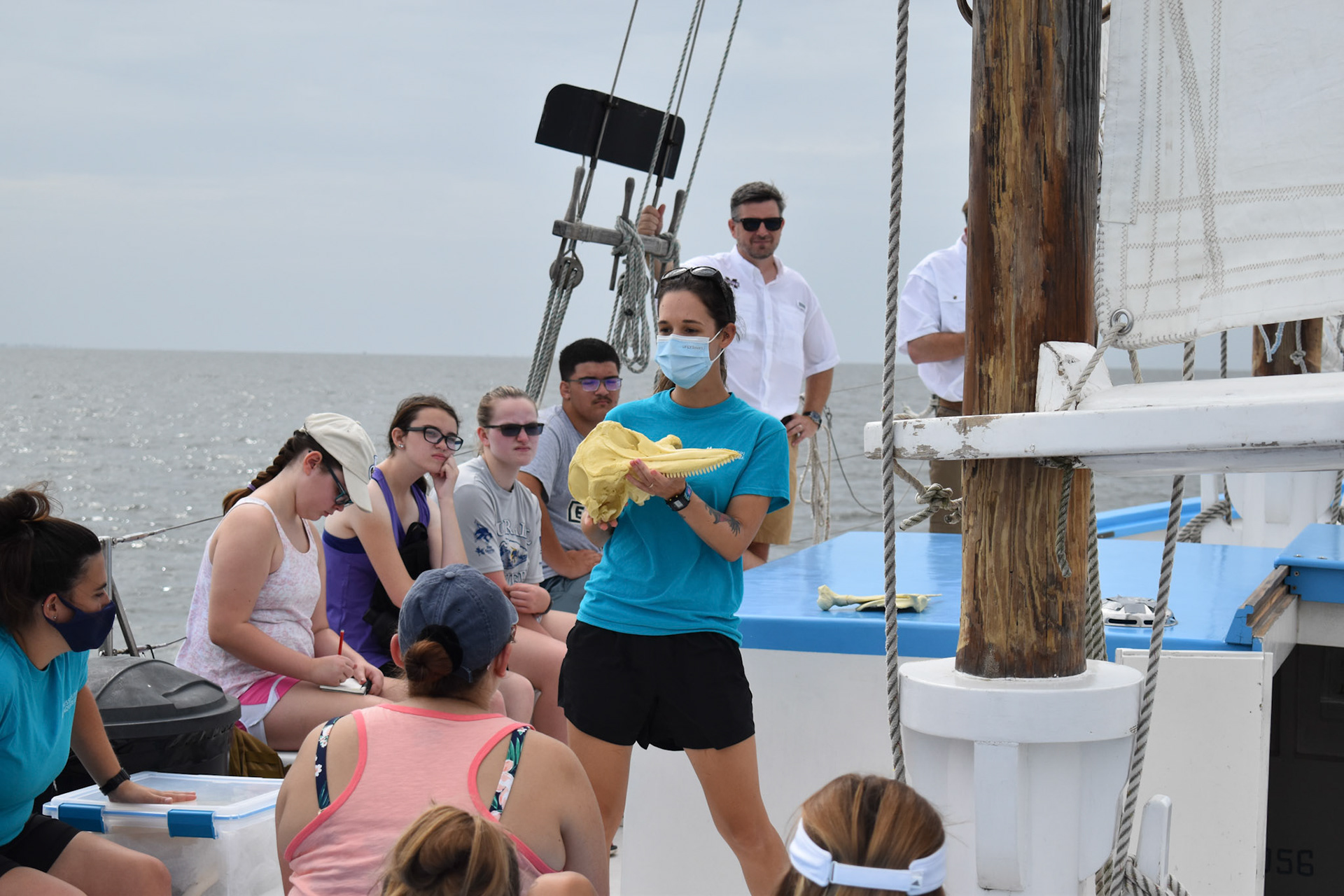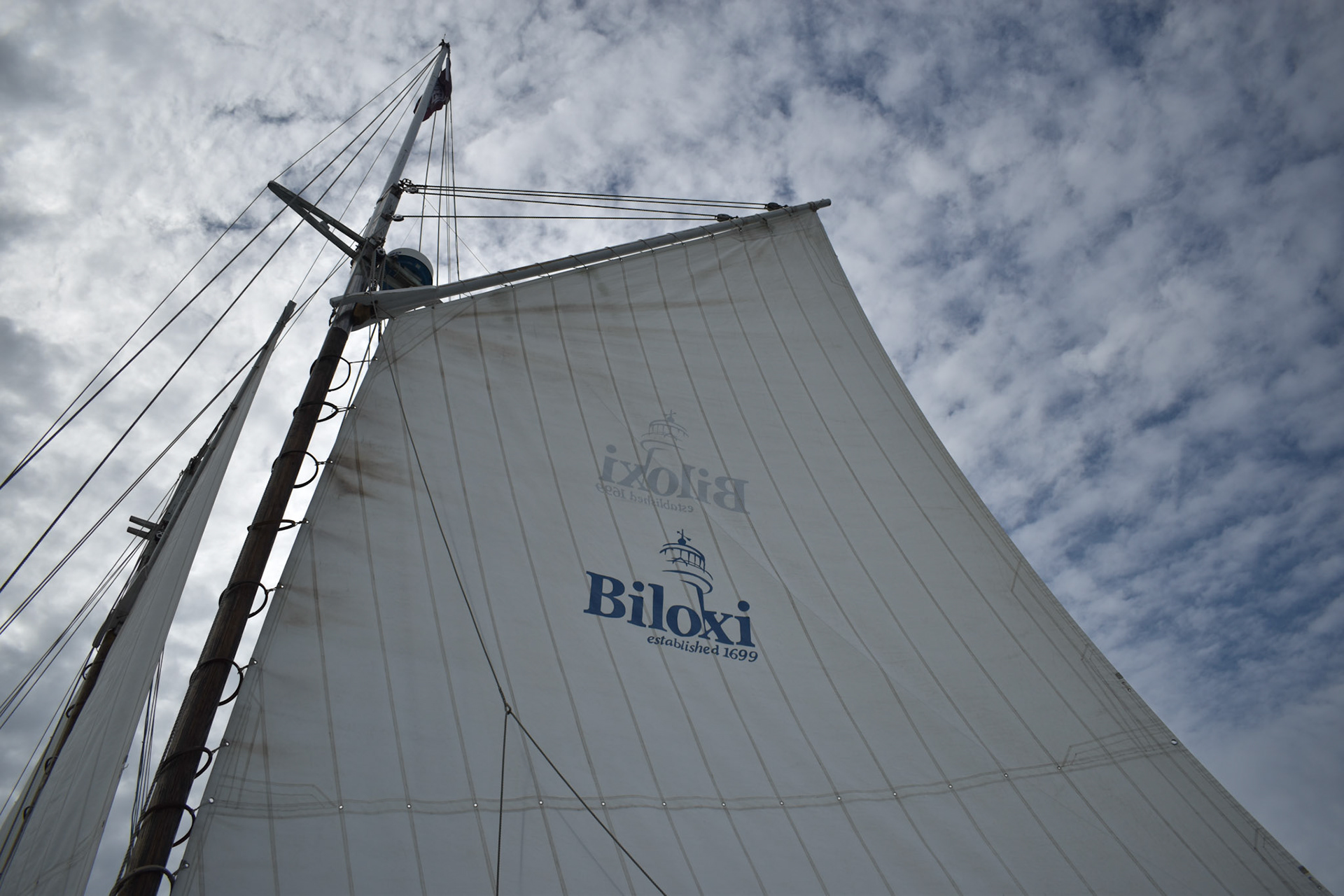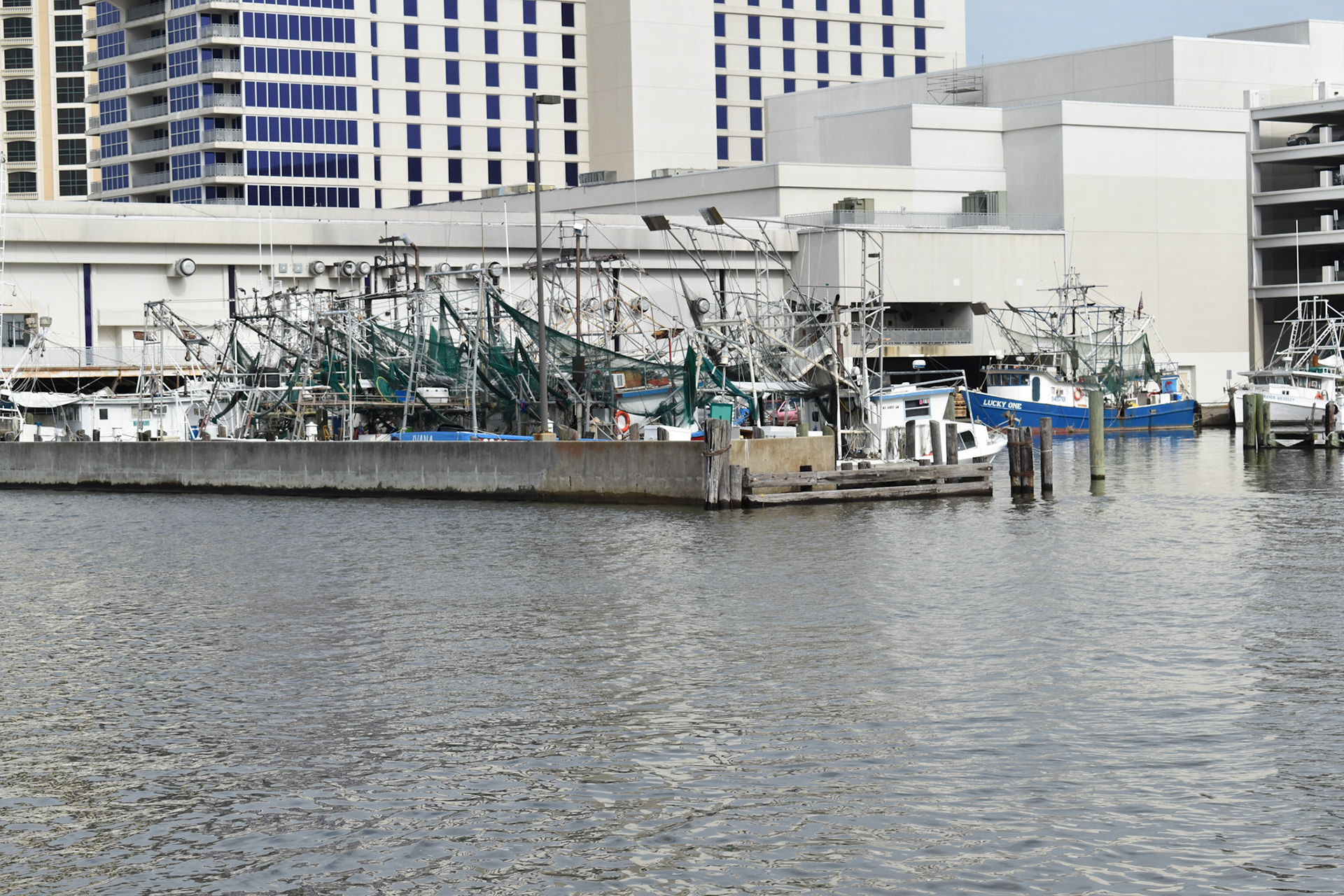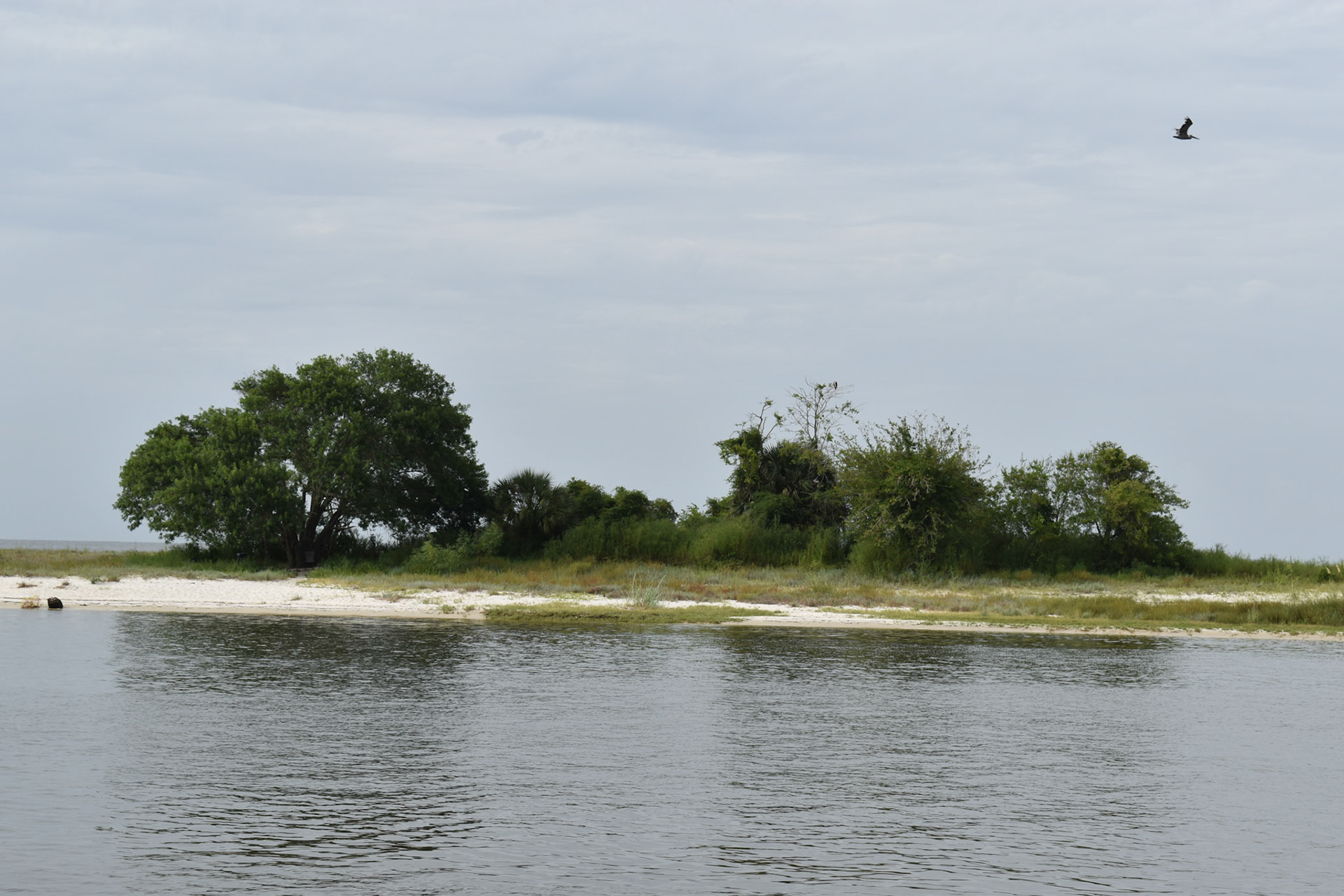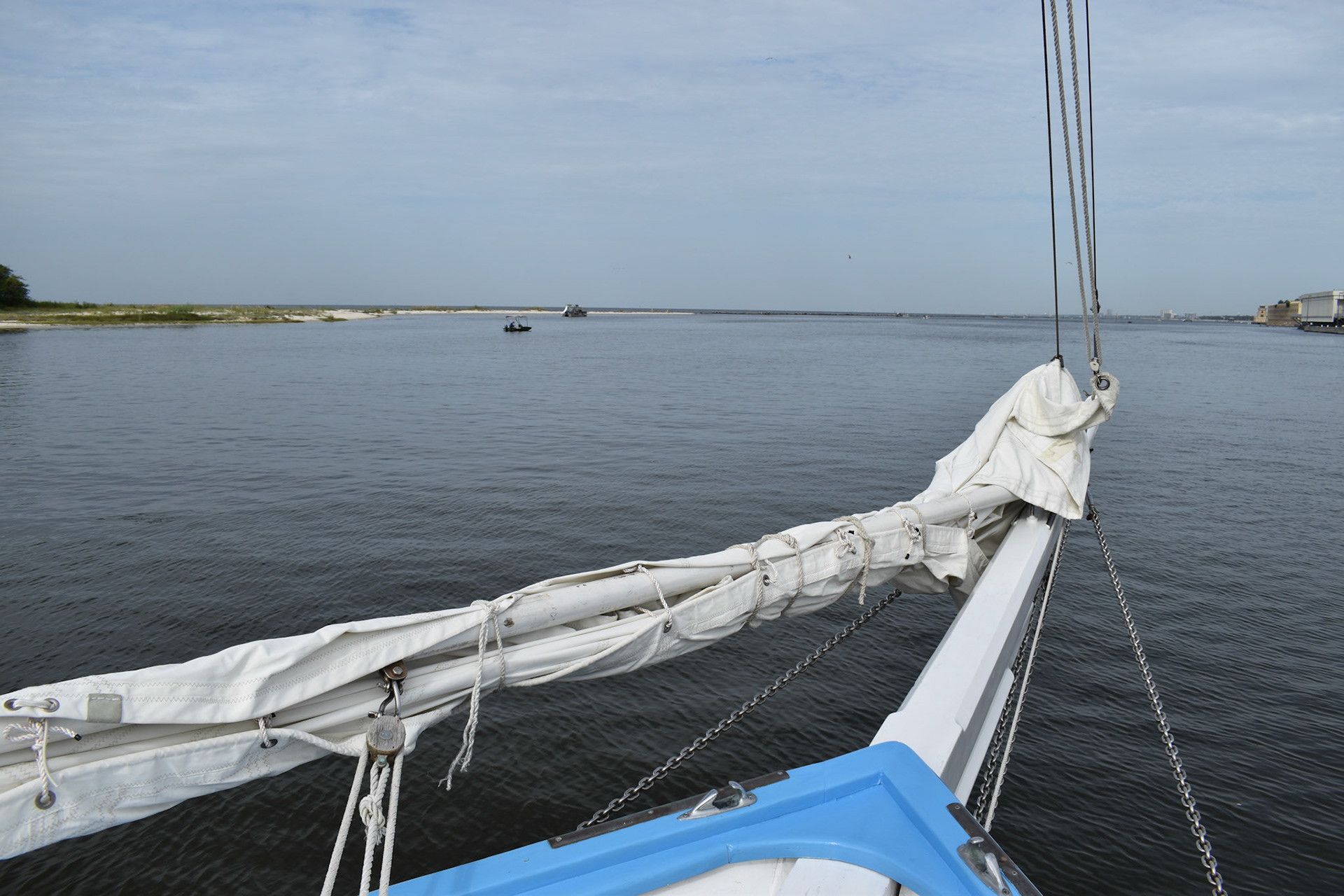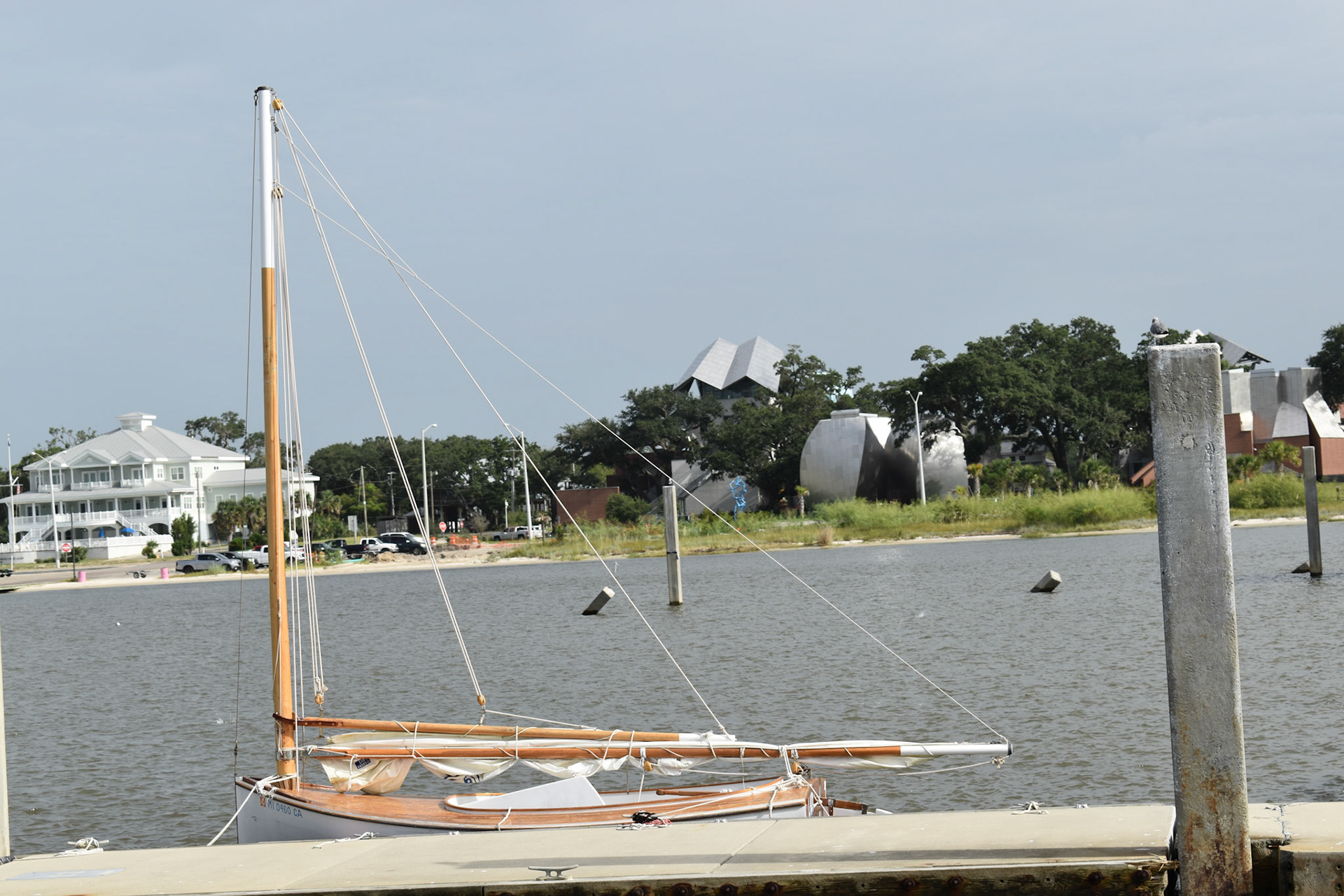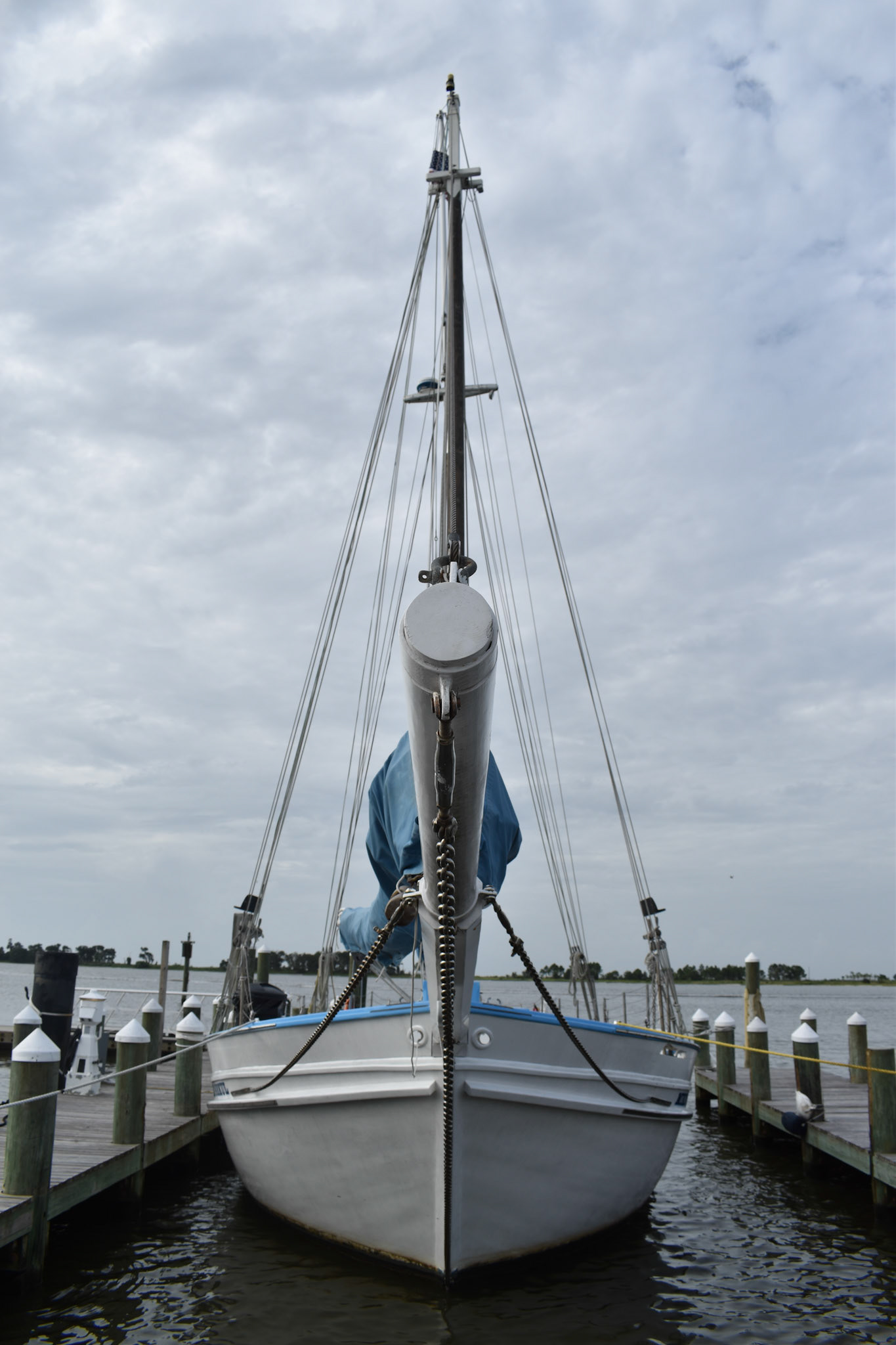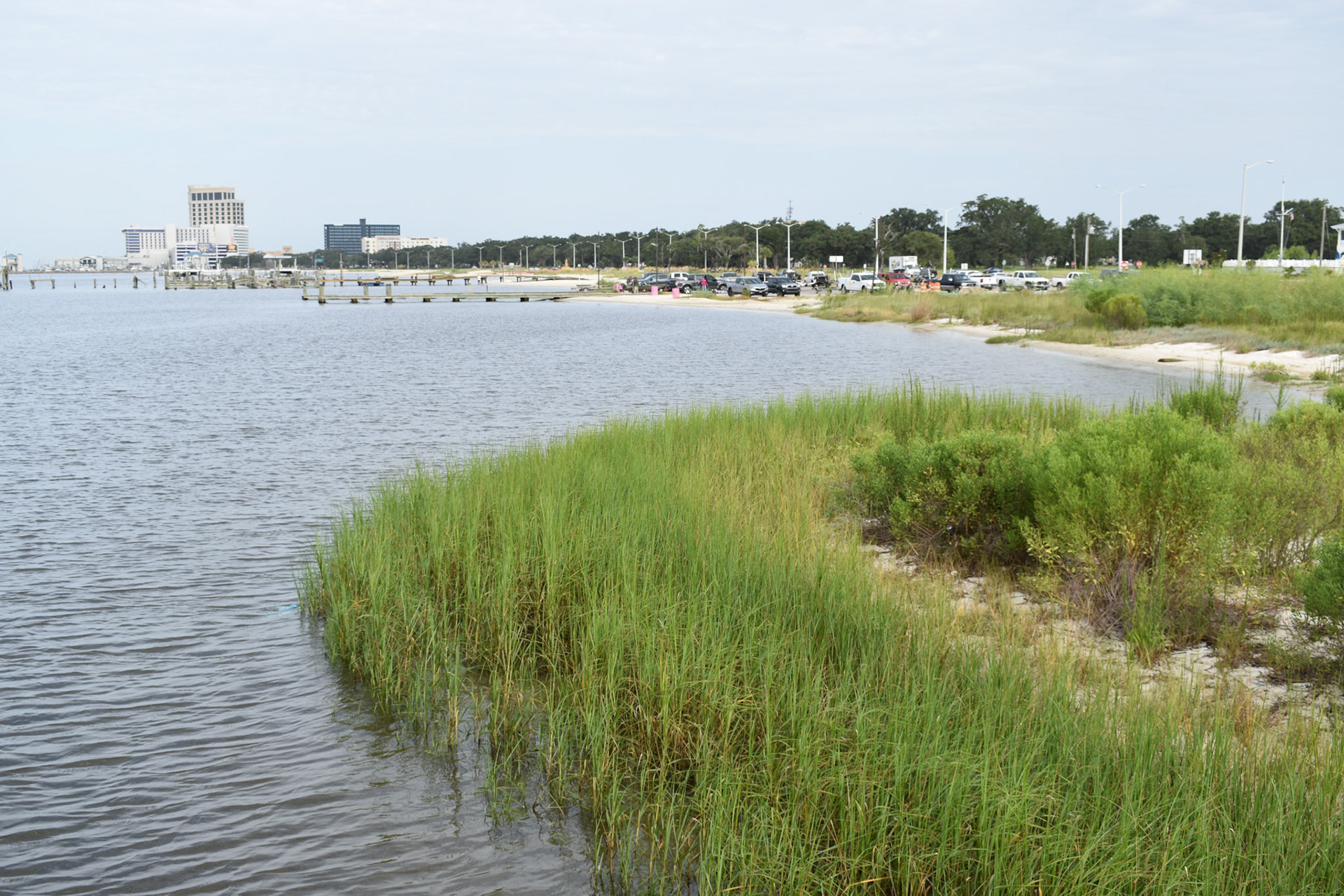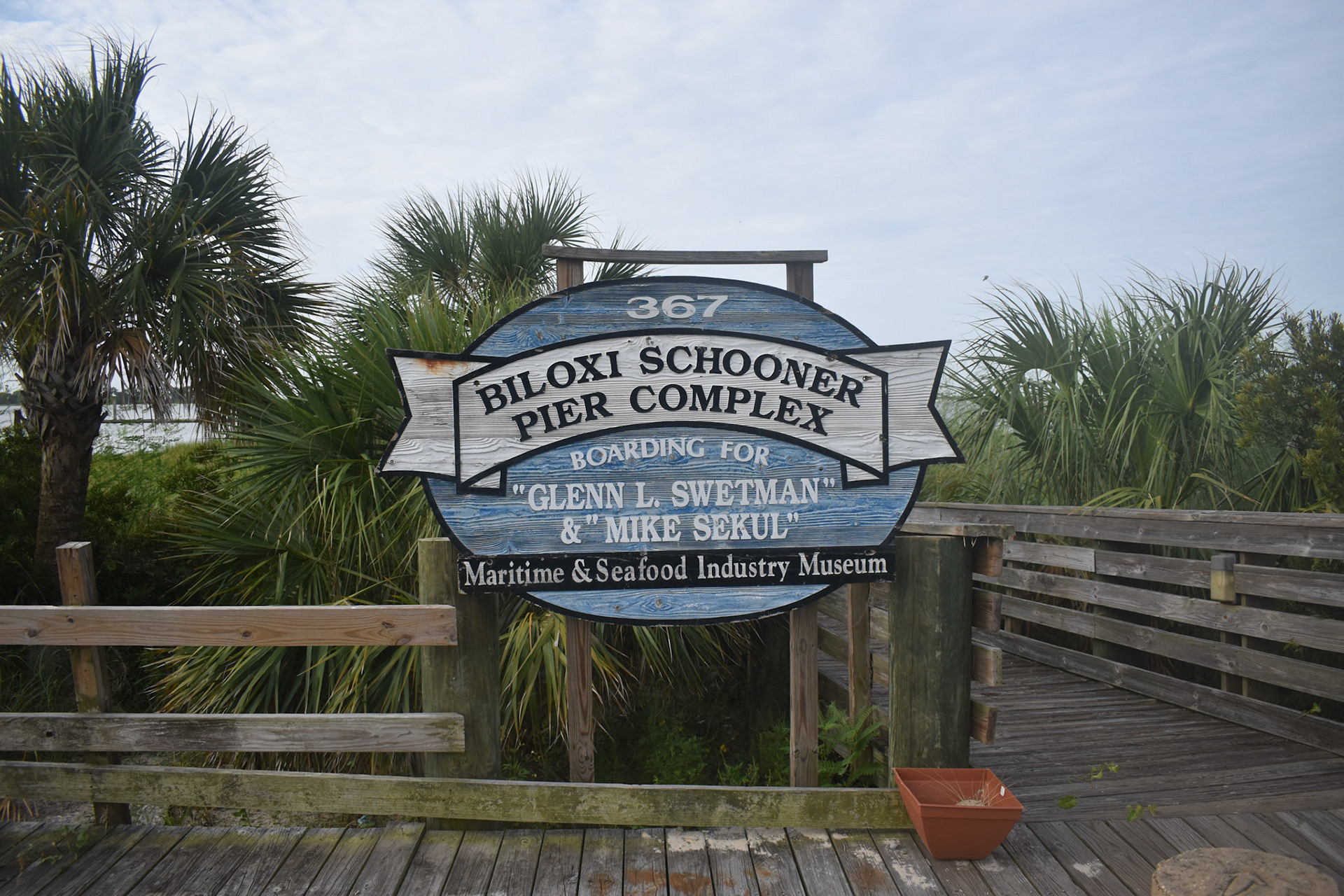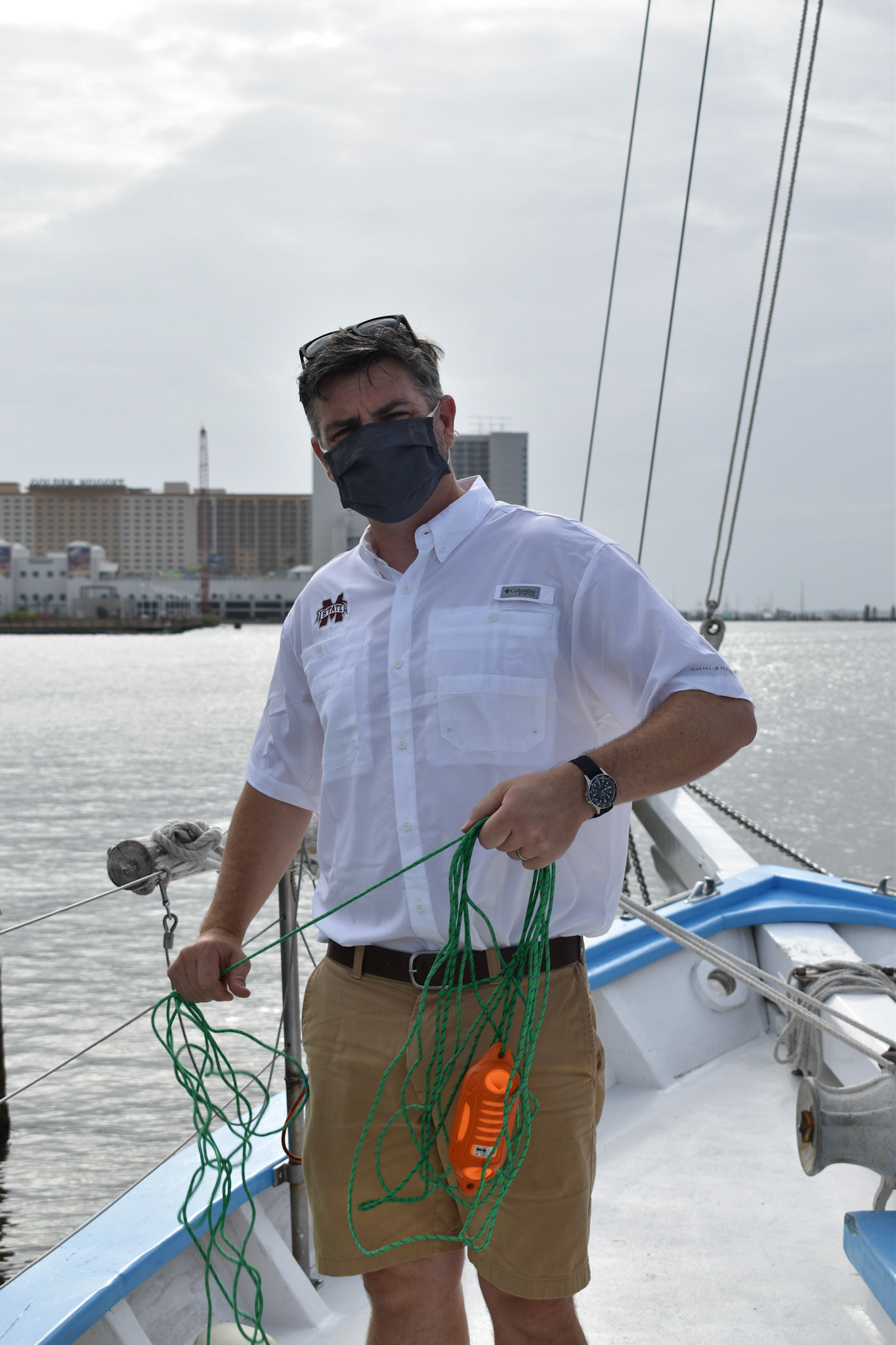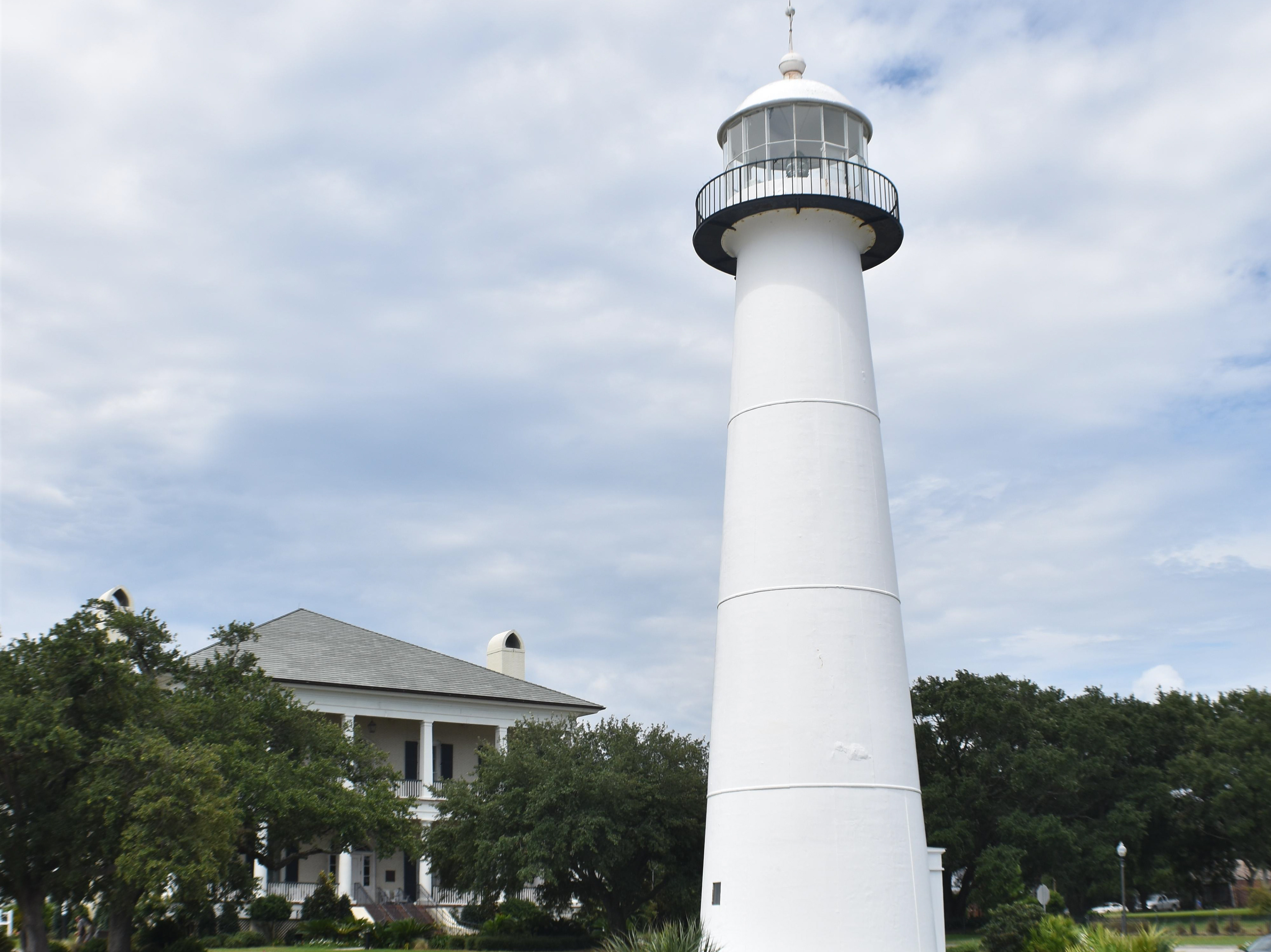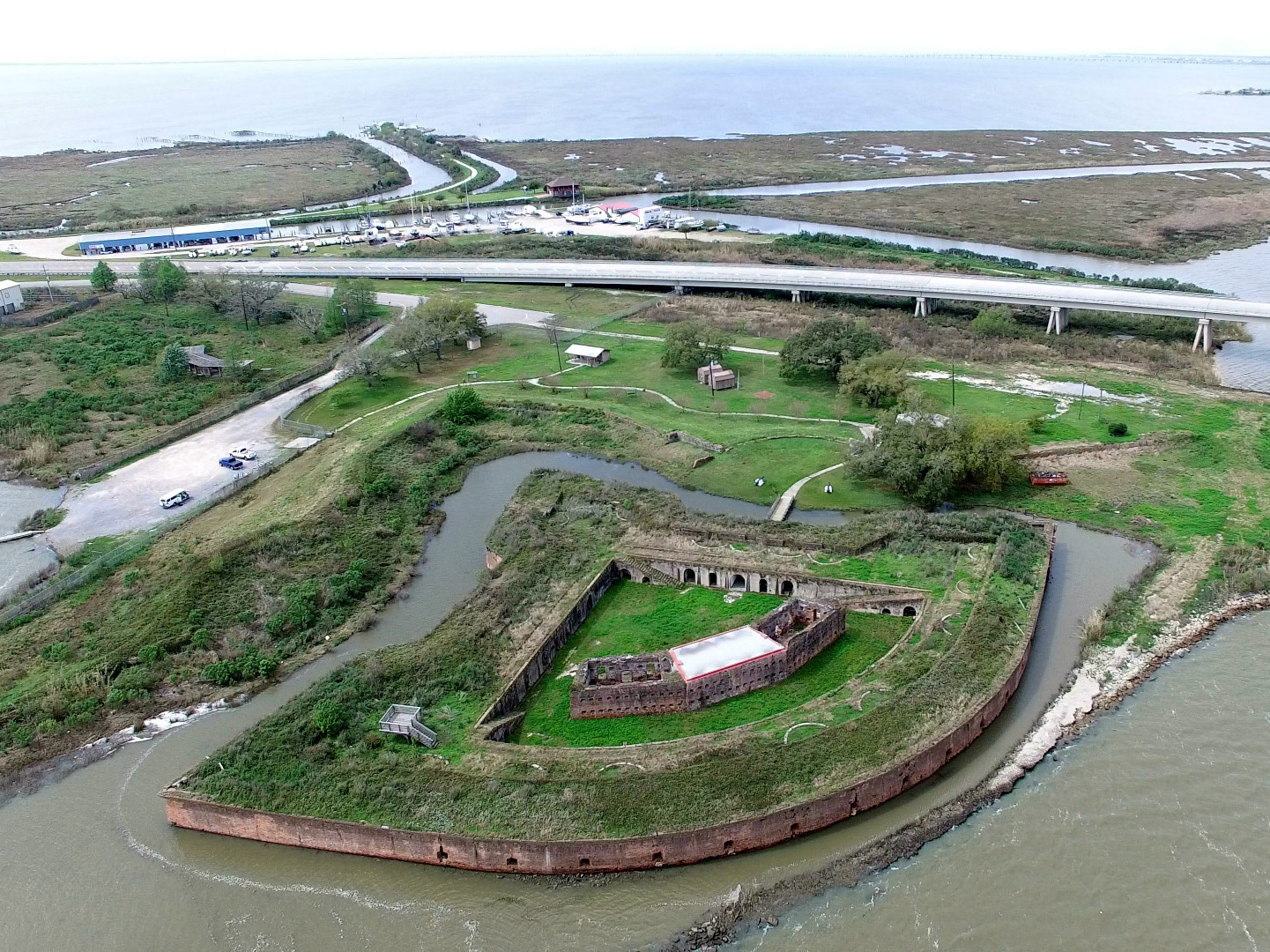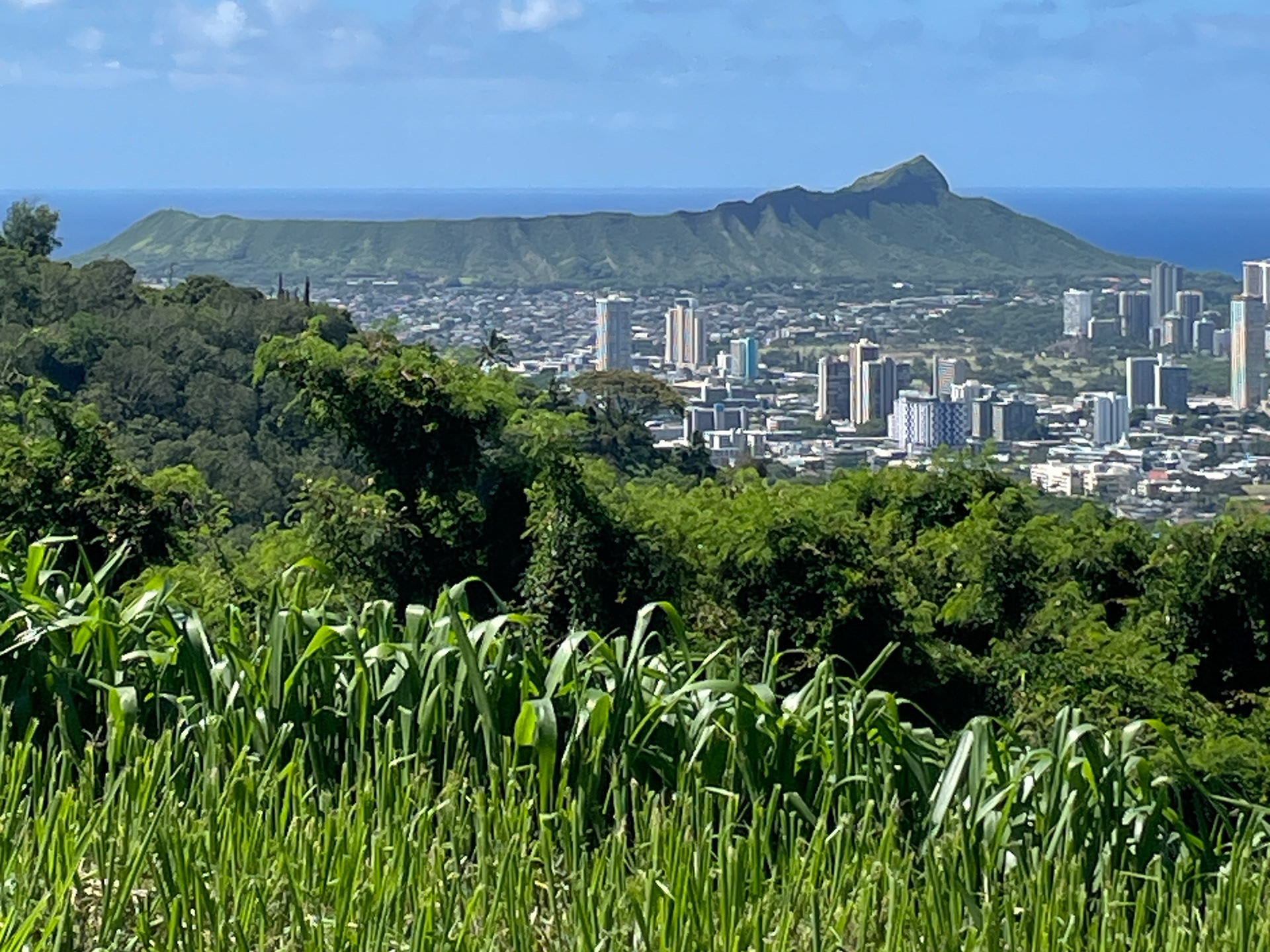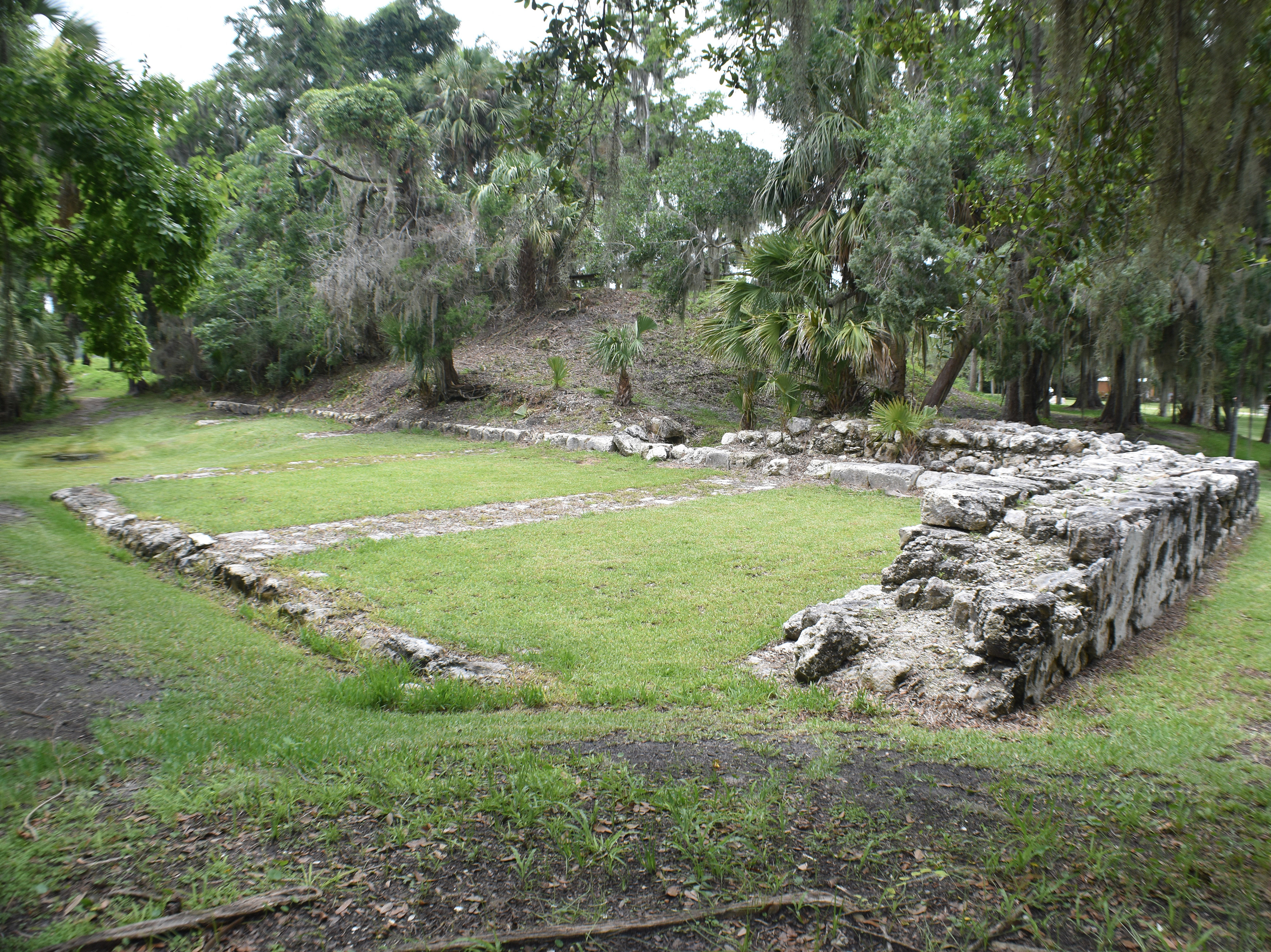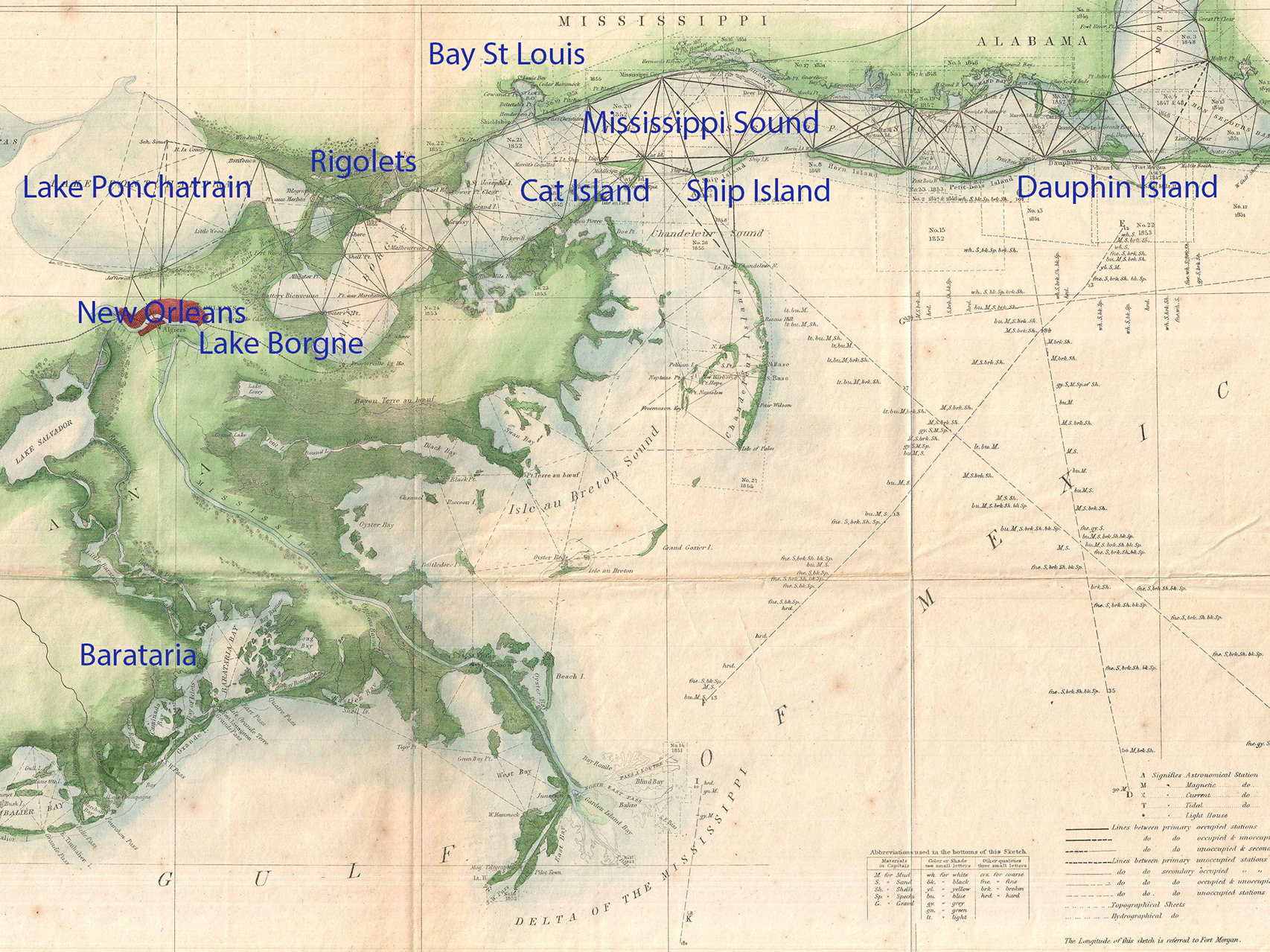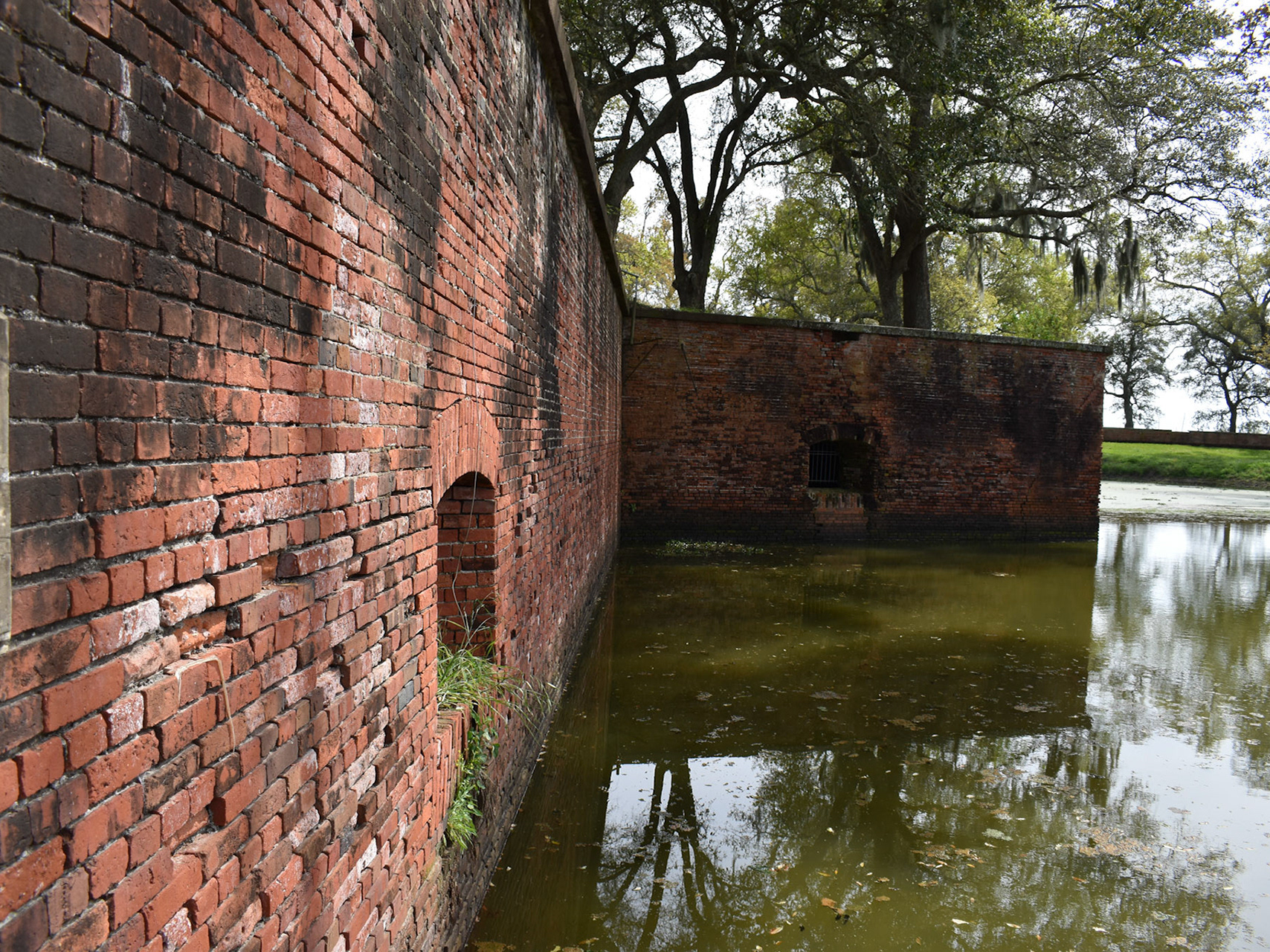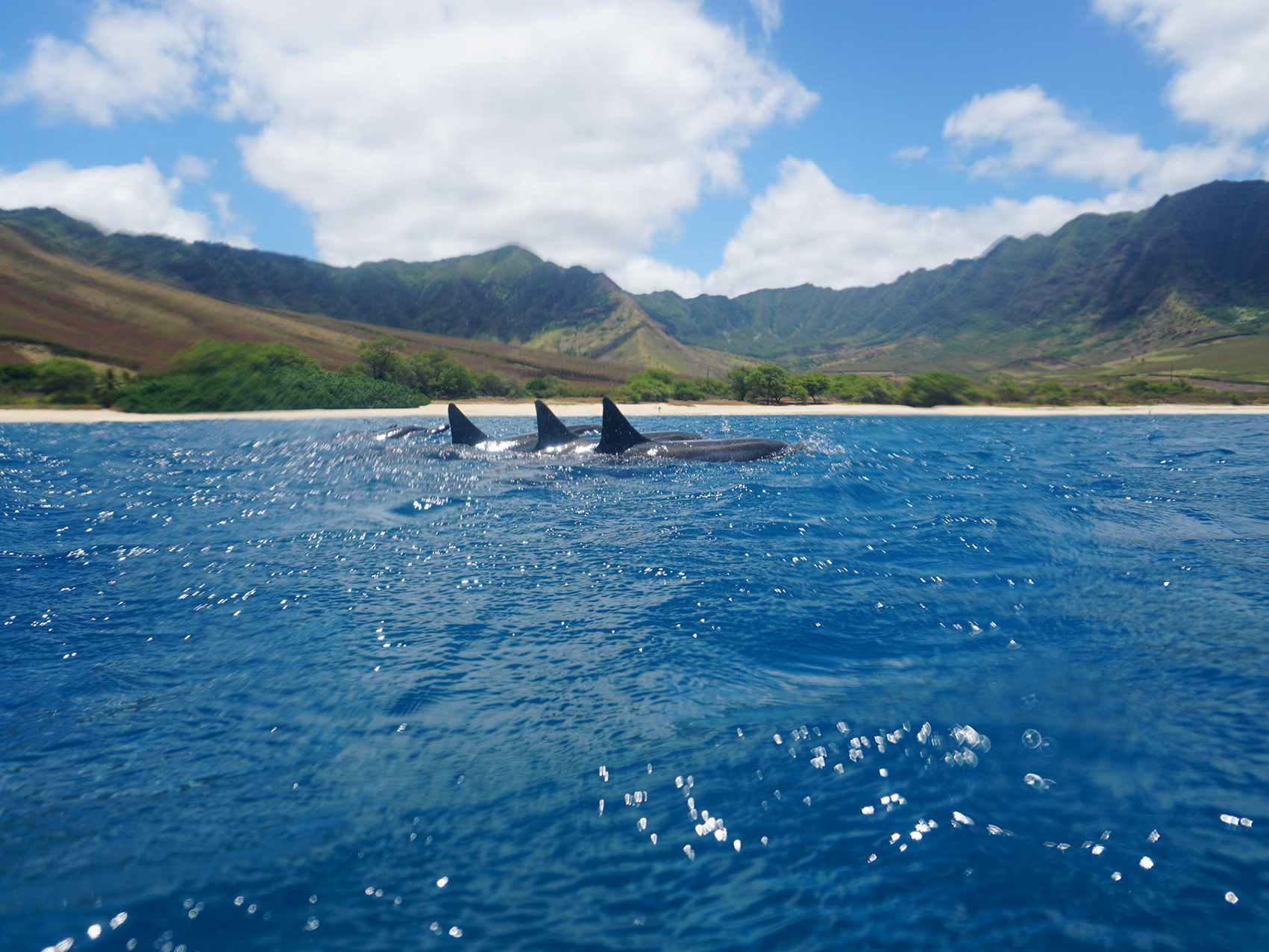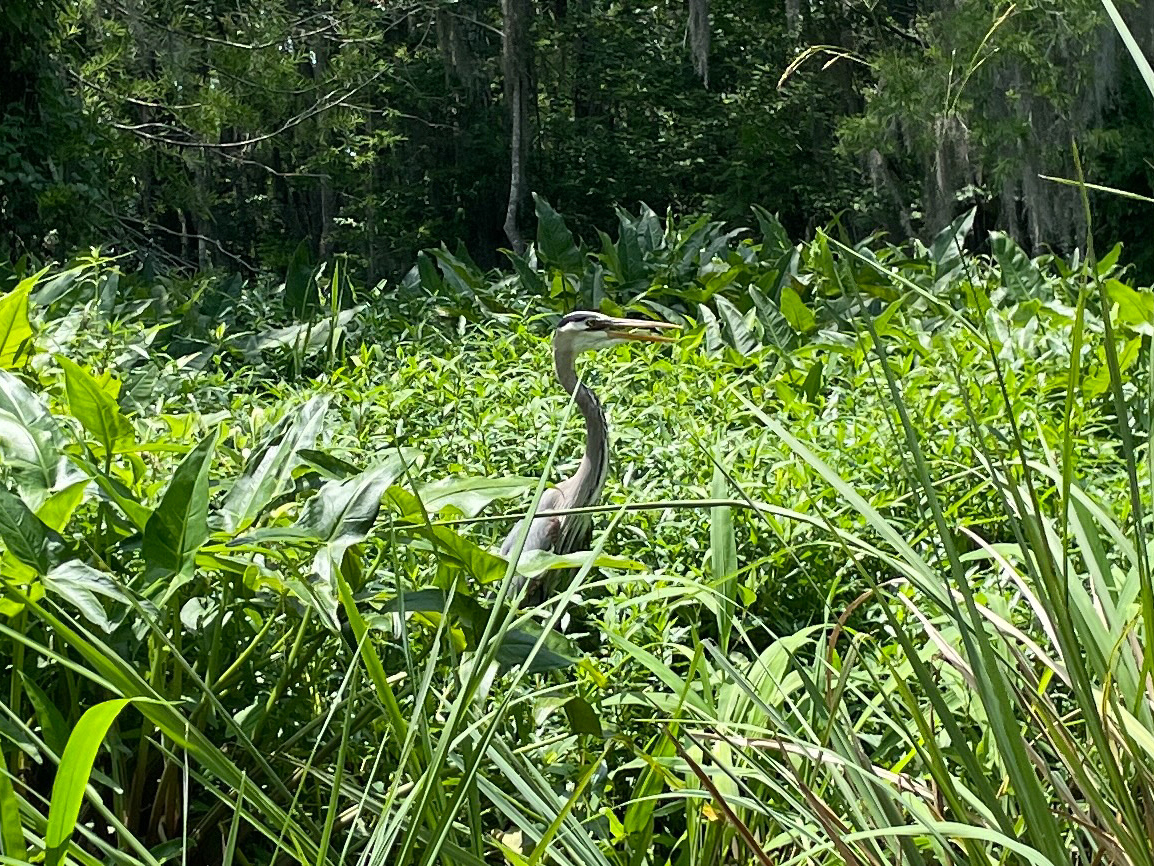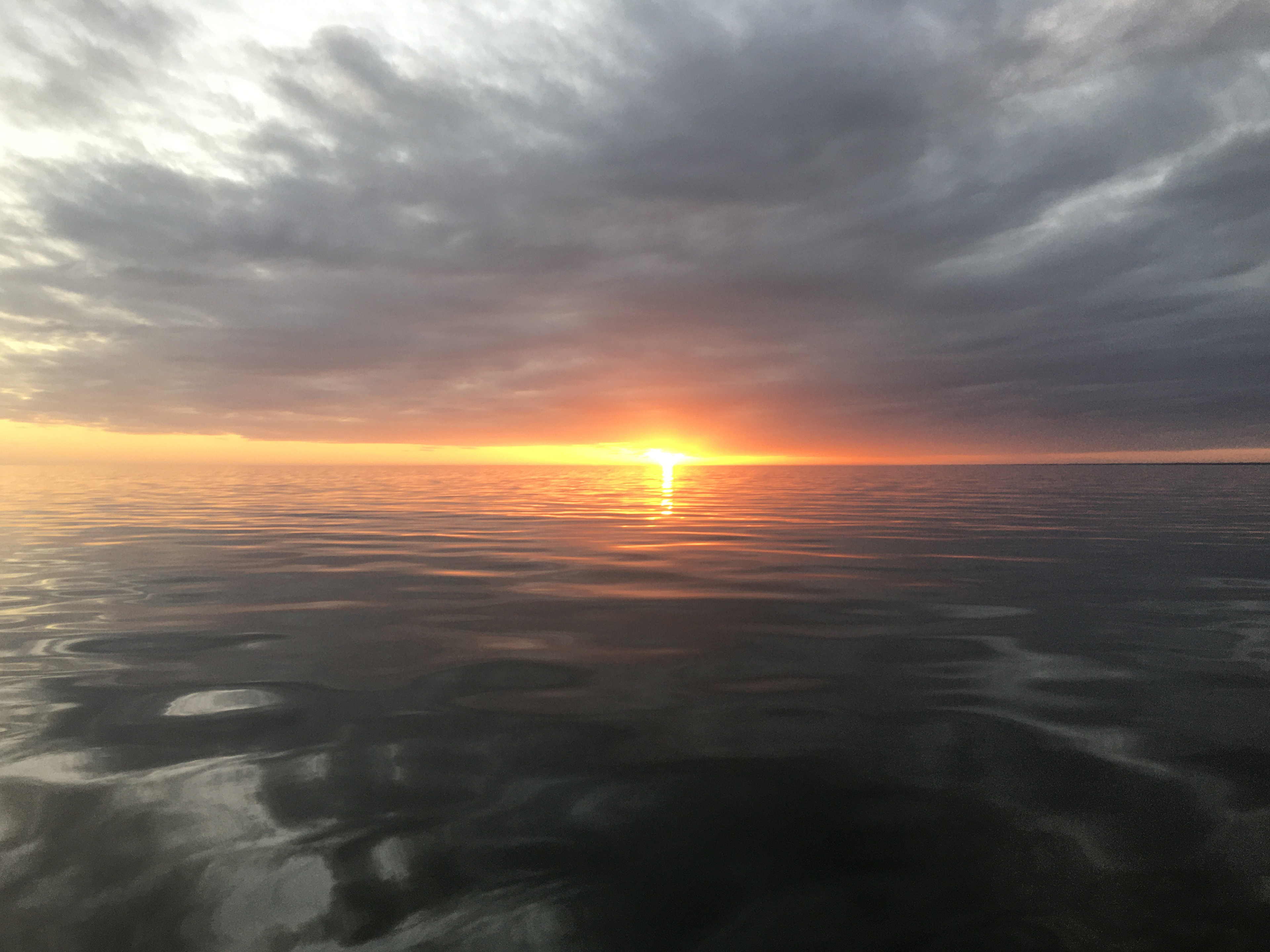BILOXI, Miss—Mississippi State’s Northern Gulf Institute is partnering with the Mississippi Aquarium to turn the state’s Gulf Coast into an outdoor laboratory, giving local middle and high school students new knowledge and appreciation for their connection with marine life and the environment.
Through an innovative program, MSU-SEAS, or Science and Education at Sea, 27 public and homeschooled students recently were the first cohort experiencing a hands-on marine excursion, learning positive behavioral practices that promote sustainable choices in safeguarding the Gulf of Mexico’s marine ecosystem.
“We believe an engaged and informed public is a great partner in the effort to protect the Gulf of Mexico’s environment,” said Jonathan Harris, Northern Gulf Institute outreach director. “By giving students access to this kind of learning, NGI and the Mississippi Aquarium is making its research relevant to the students who will become the stakeholders and citizens of the future.”
Aboard Biloxi’s Glenn L. Swetman oyster schooner, the sixth- through 12th-grade students and NGI faculty and staff sailed to the National Park Service Barrier Islands and anchored at Horn Island. There, students were immersed in hands-on activities which included collection of marine scientific data, water quality samples and seafloor sediment, and identification of various marine species, as well as invasive aquatic plants.
Program organizers and education experts said another program priority is to practice one of the main tenets of modern educational theory, the concept of experiential learning, in which students are engaged when learning by doing.
Adam Skarke, an NGI researcher and MSU geosciences assistant professor, introduced the students to the many components of marine hydrogeology.
“The idea is that through exposure to real-life scientific sampling techniques and locally relevant lesson content, we can remove the shadow of classroom learning and spark an interest in the sciences that will impact not only their future educational choices, but also their life-long interest and hopefully their career pathways,” he said.
MSU faculty and team members also serving as MSU-SEAS teachers include Jamie Dyer, an associate NGI director and professor of meteorology and climatology, and Gray Turnage, an NGI invasive aquatic species researcher and assistant extension professor. Instructors from the Mississippi Aquarium were Lauren Fuller, education program analyst, and Lizzie Whigham, lead education specialist.
NGI and the Mississippi Aquarium plan to offer the program twice a year to public and homeschooled students. Public school student participants in this first cohort were from Long Beach, Vancleave, Biloxi, Hattiesburg and New Orleans, Louisiana.
The Northern Gulf Institute, a National Oceanic and Atmospheric Administration Cooperative Institute managed by MSU, is a partnership of six complementary academic institutions and NOAA addressing important national strategic research and education goals. For more information, please visit www.ngi.msstate.edu
The Mississippi Aquarium, a premier institution, delivers an awe-inspiring entertainment experience which supports animal research and conservation, inspires learning and instills a passion for the aquatic world. For more information, please visit https://www.msaquarium.org/
For more information about the MSU-SEAS Program, please contact NGI Outreach Director Jonathan Harris at jharris@ngi.msstate.edu.
